Seattle Univeristy
Seattle, WA
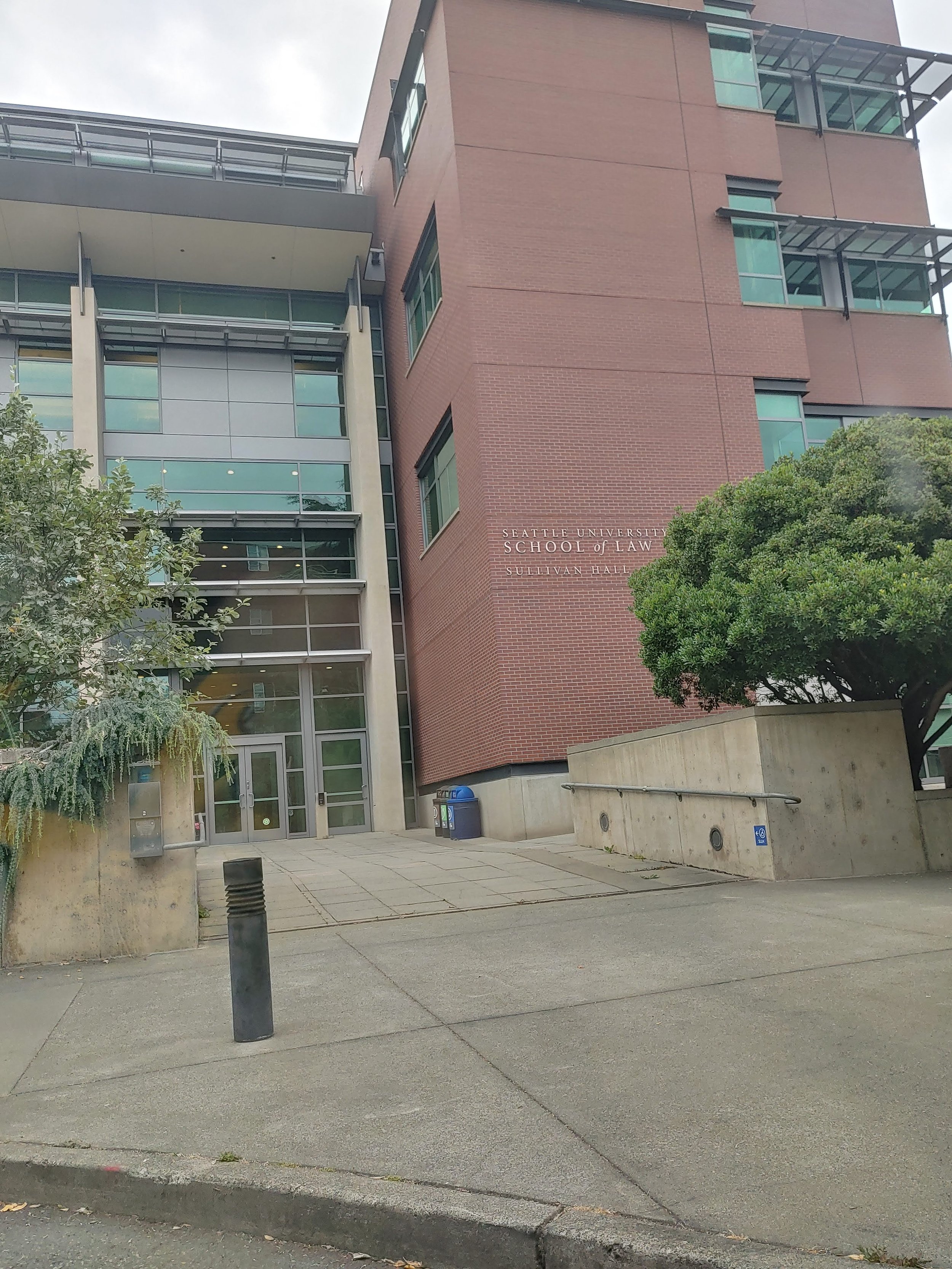
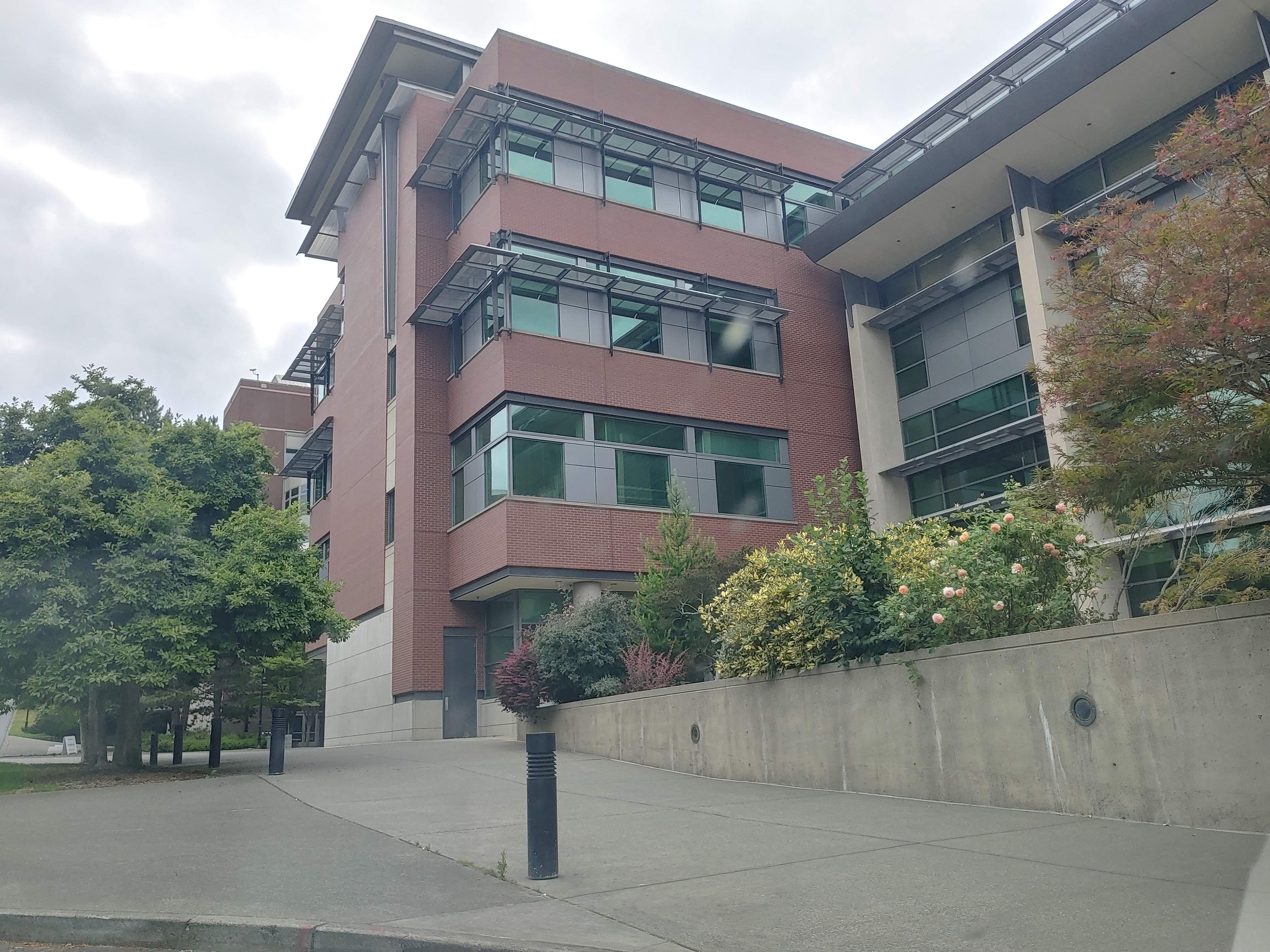
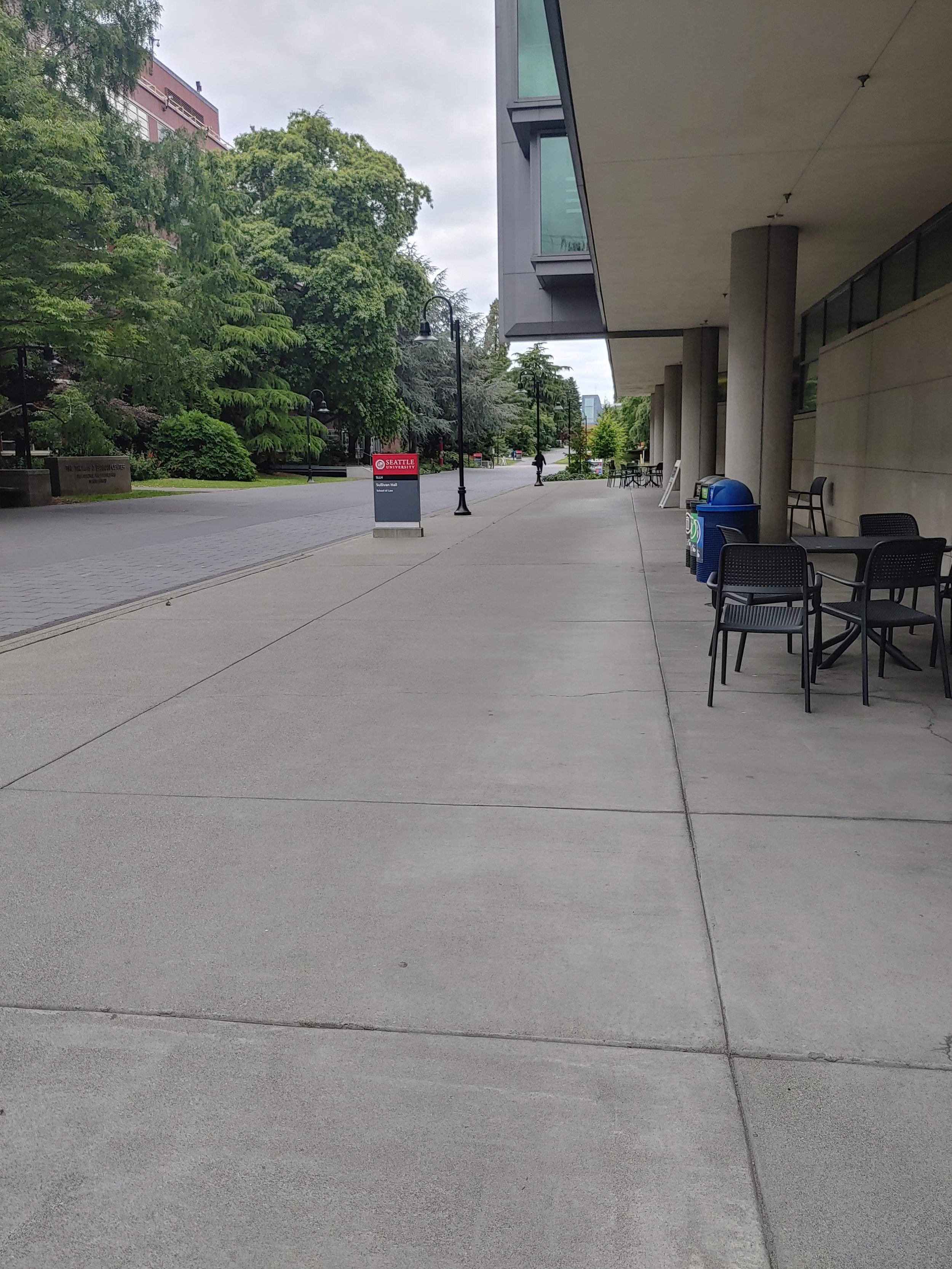
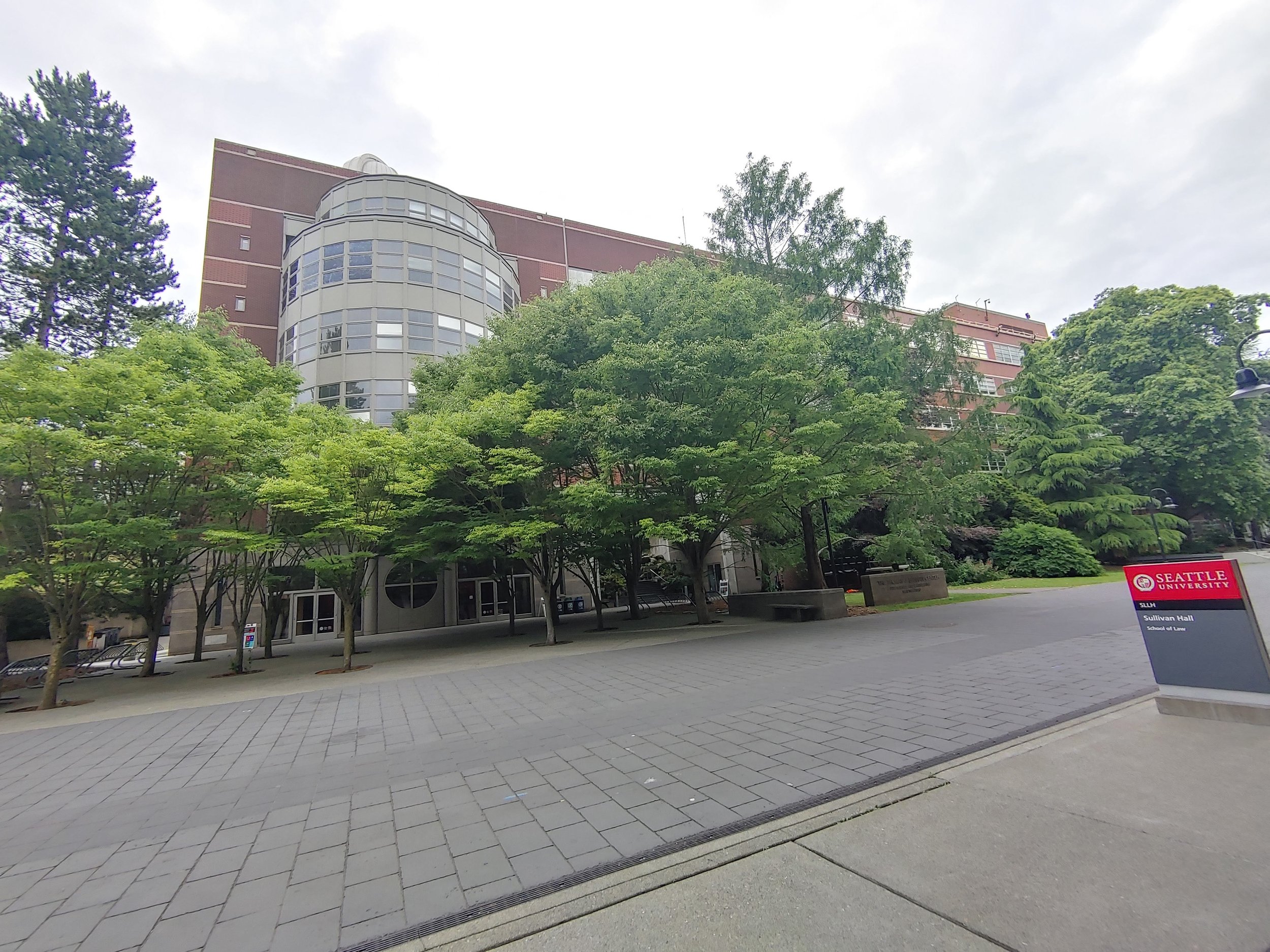
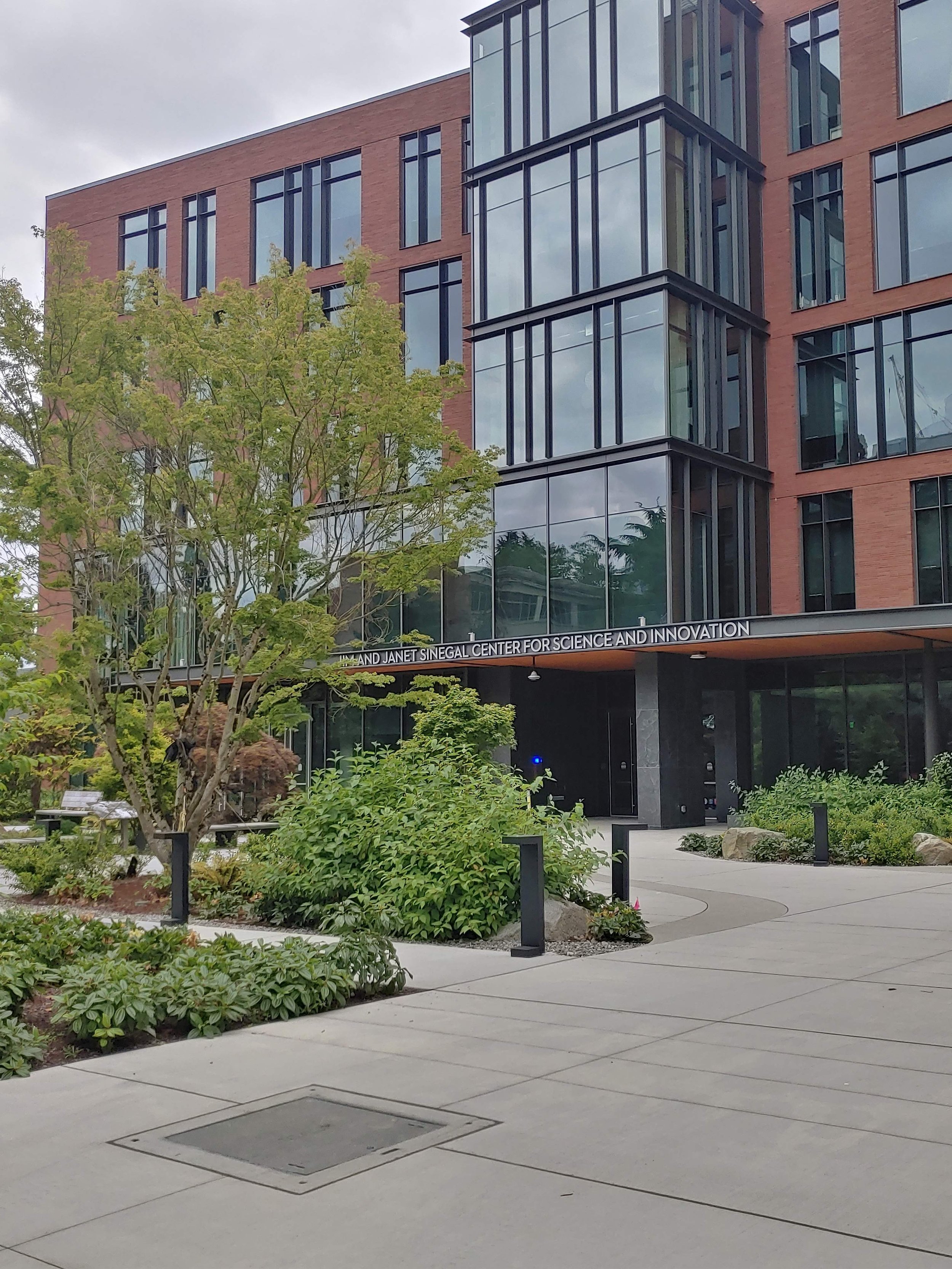
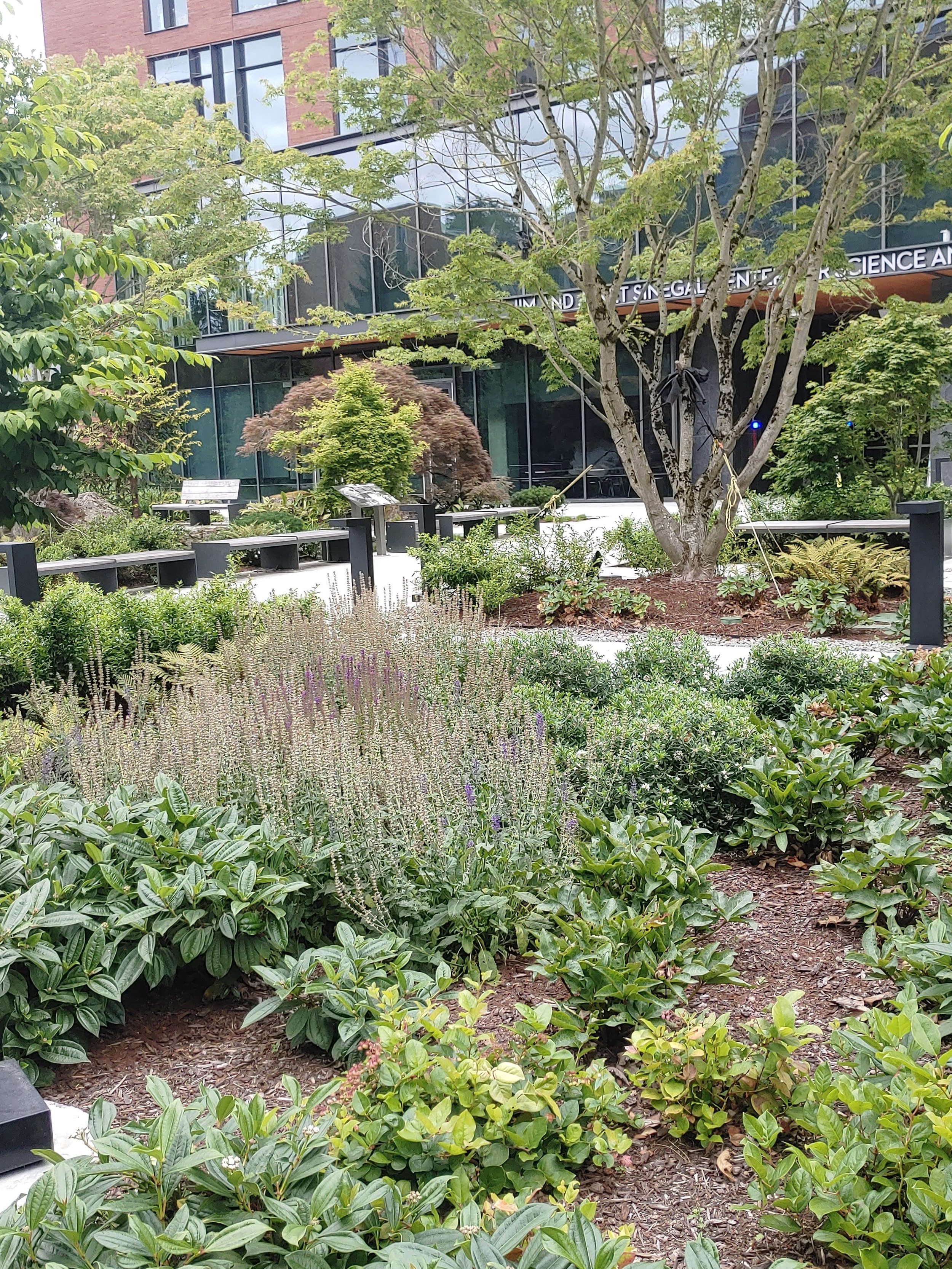
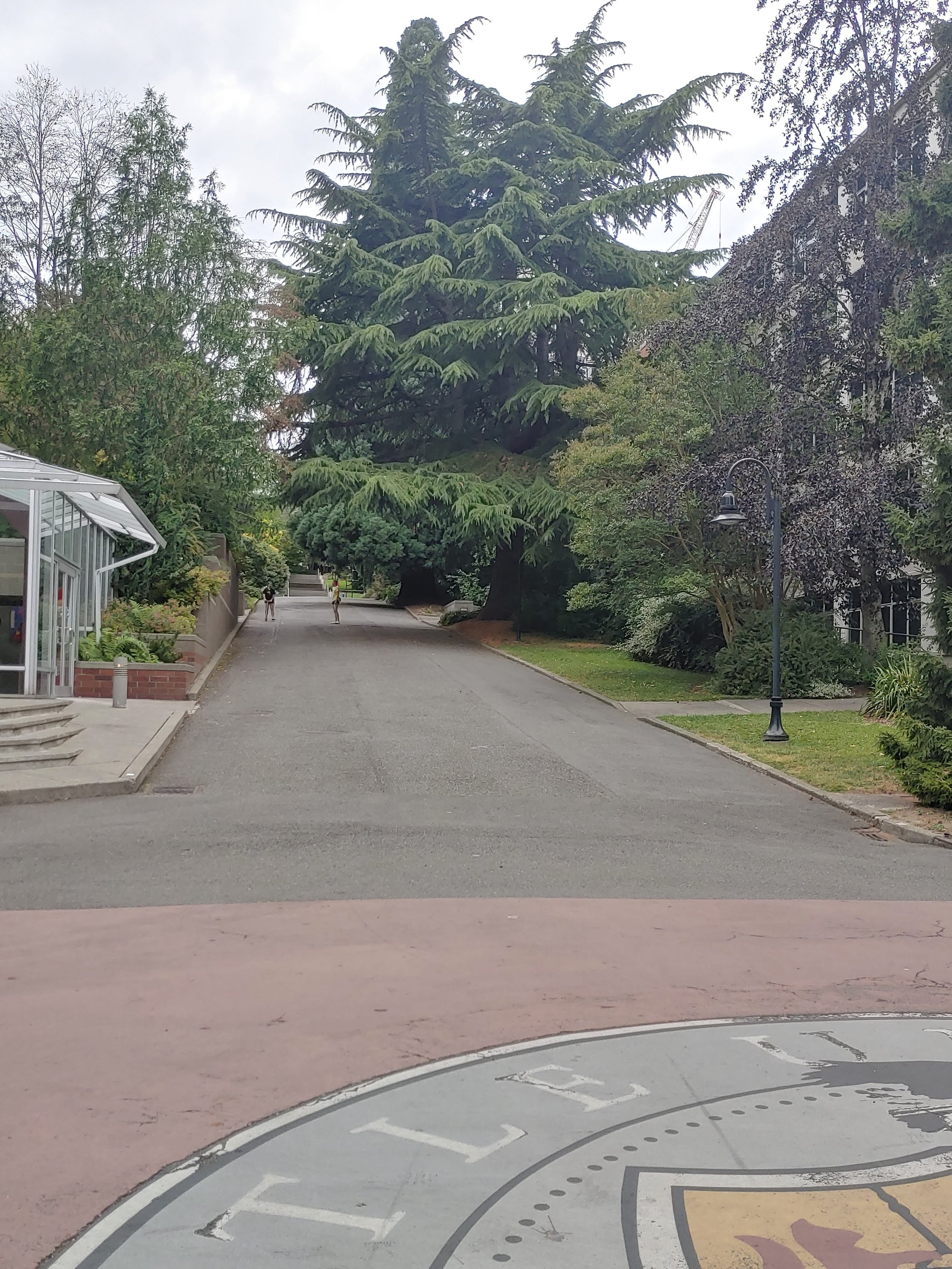
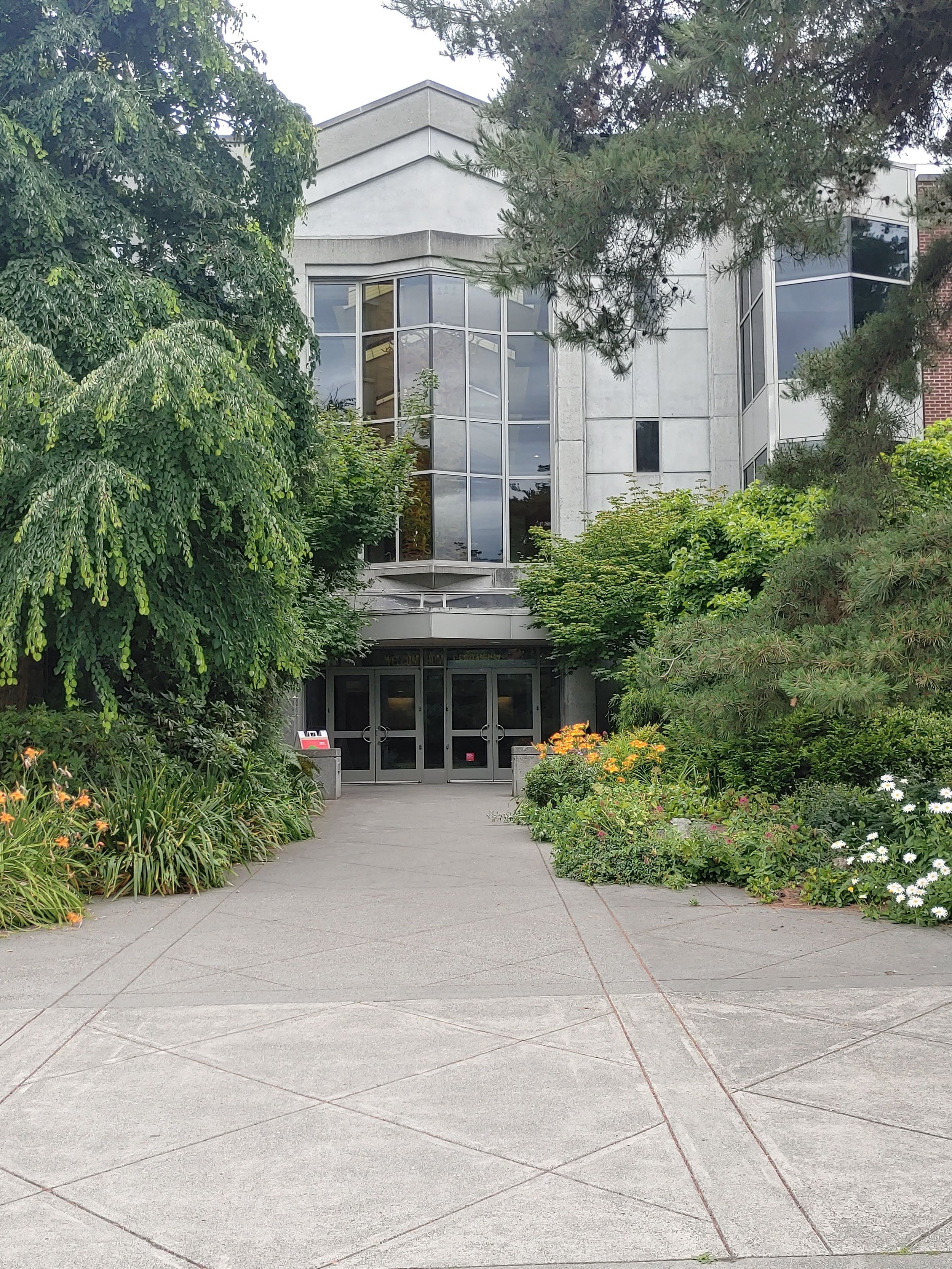
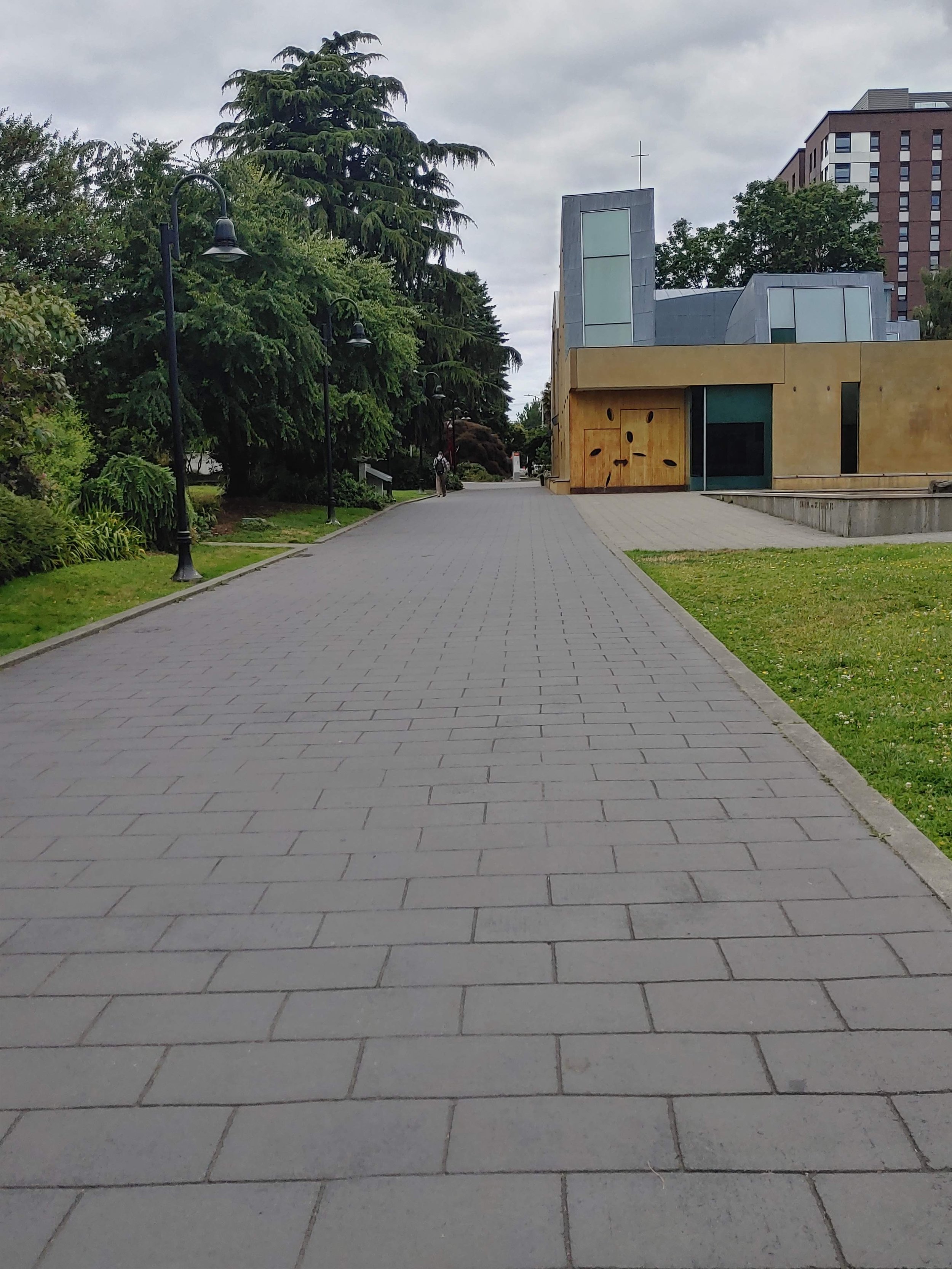
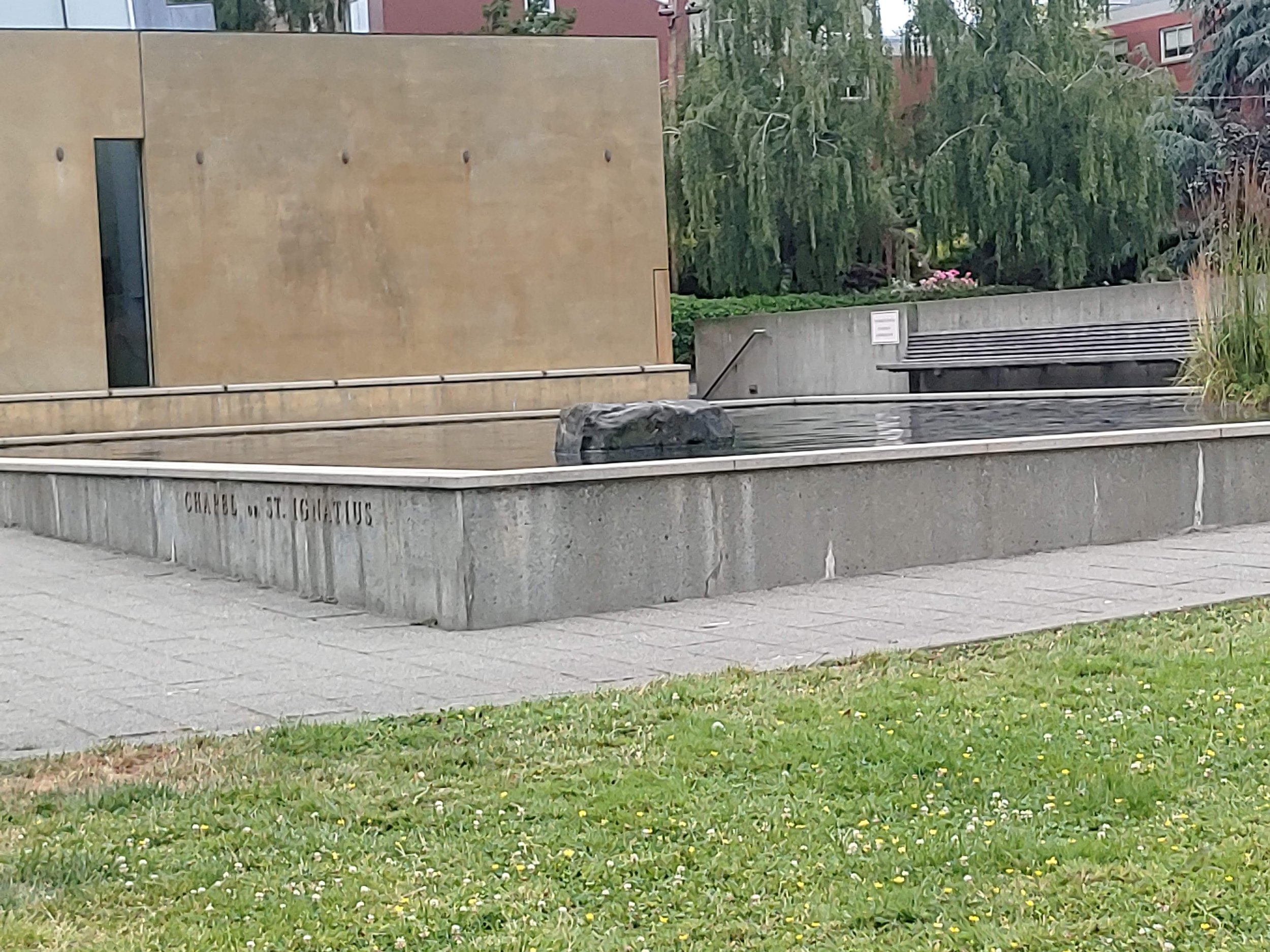
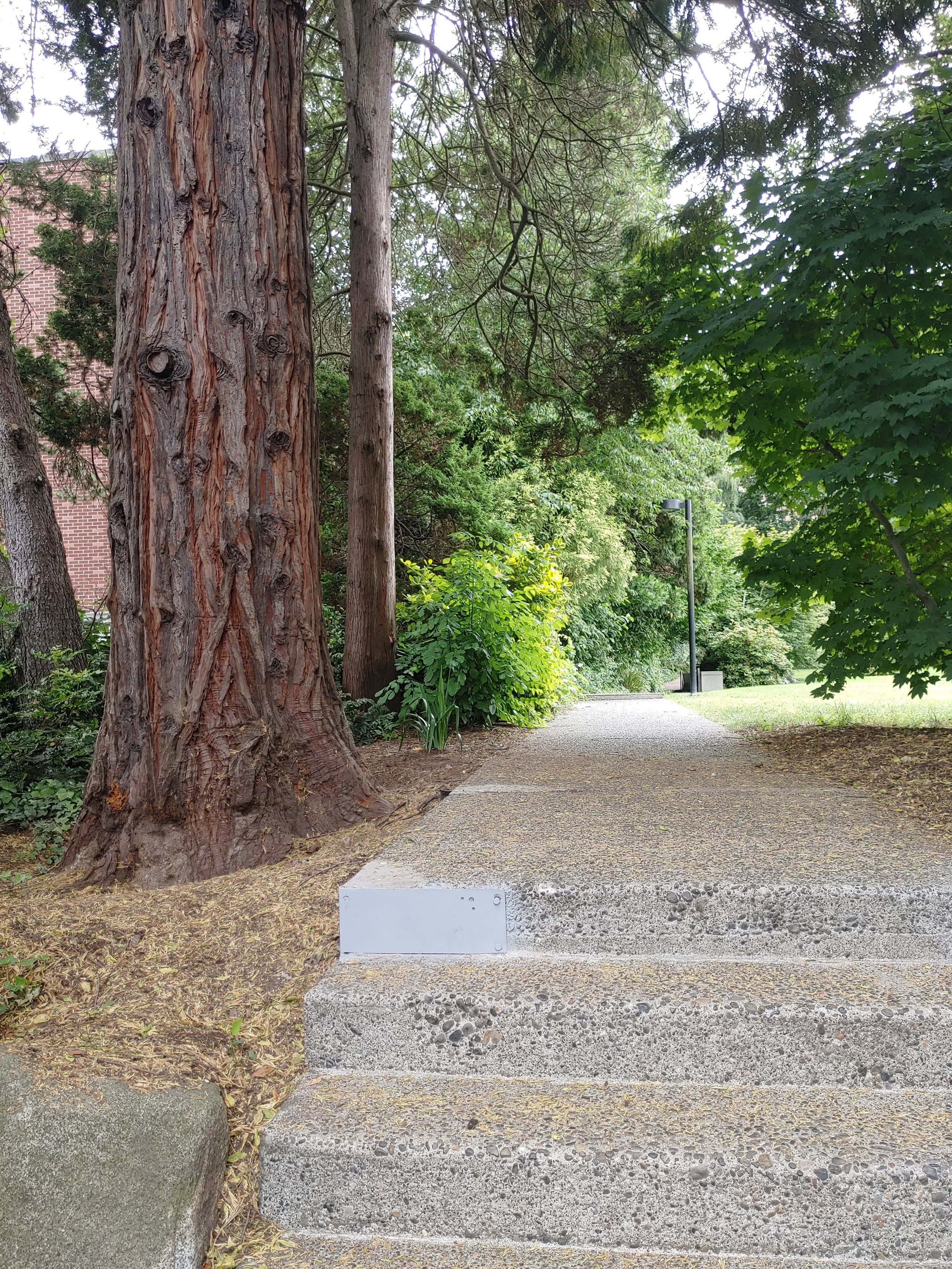
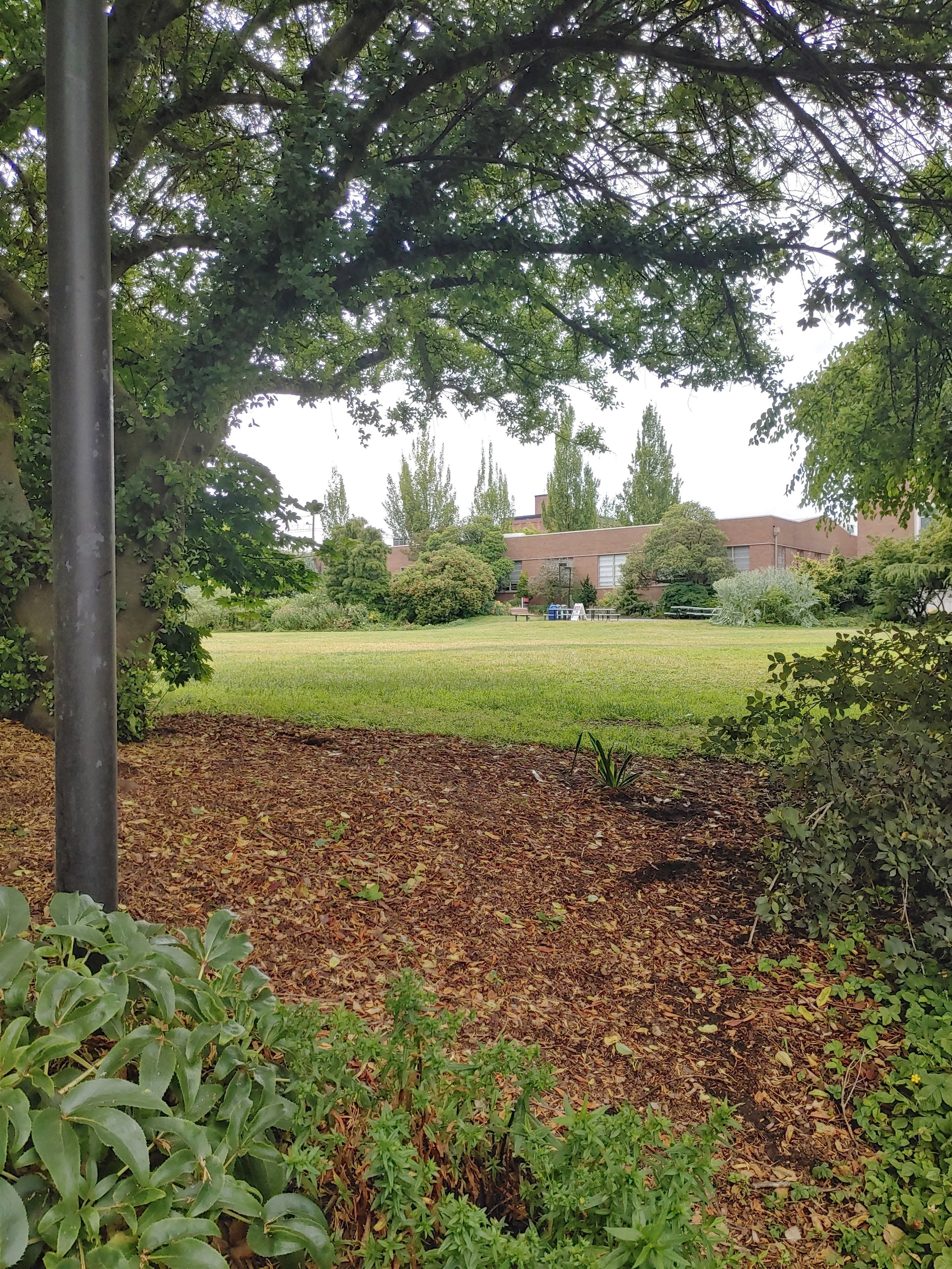
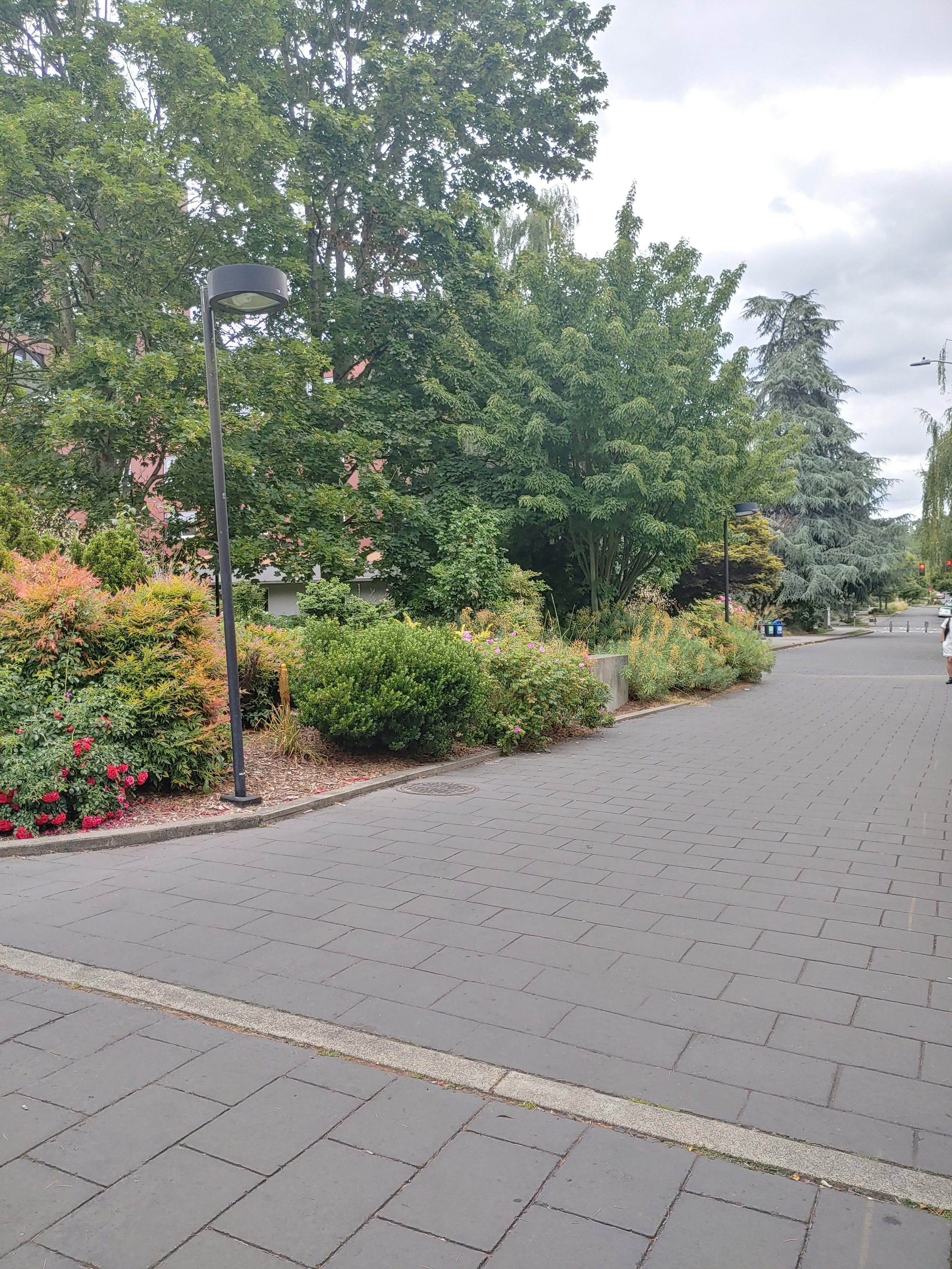
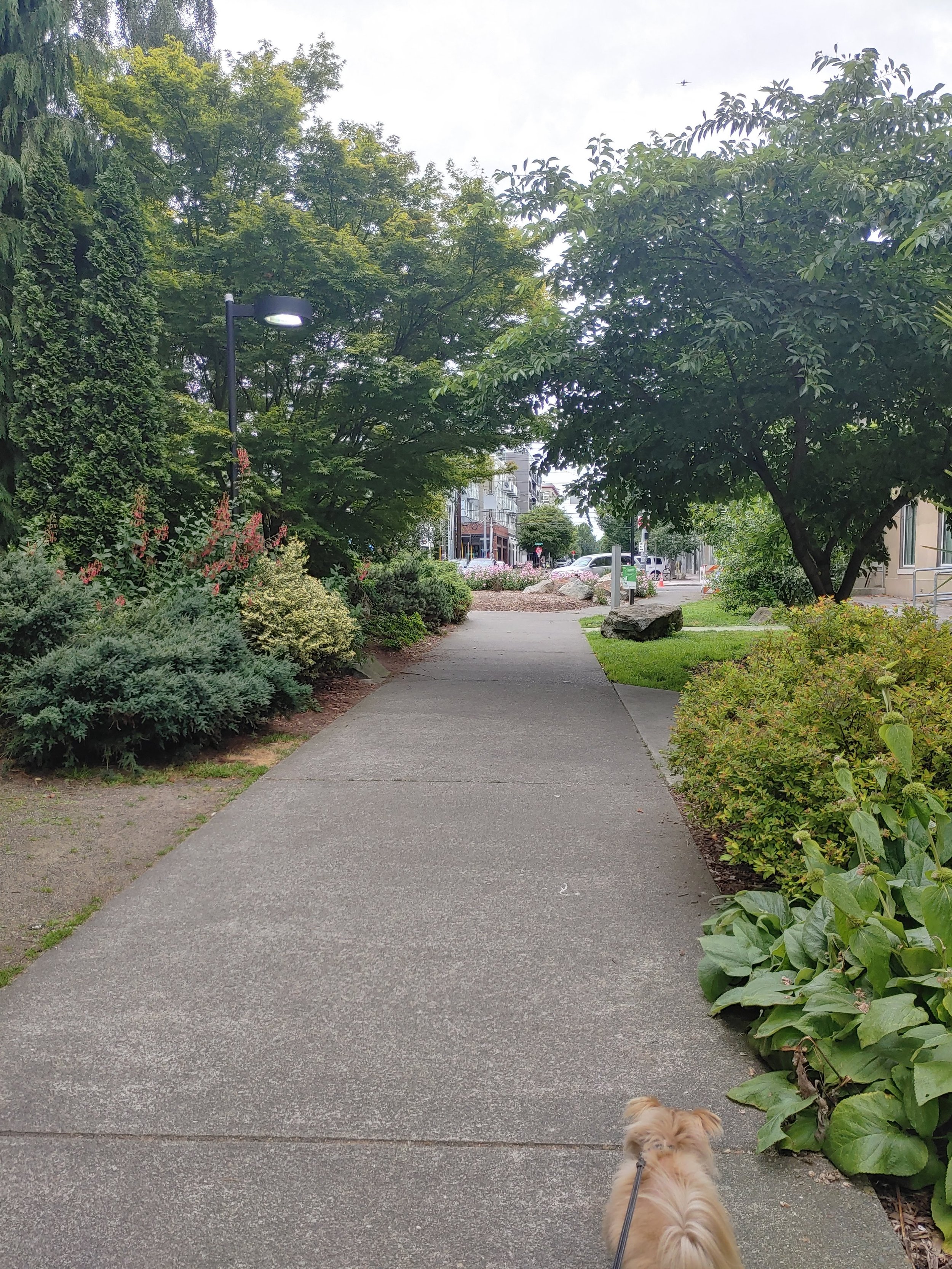
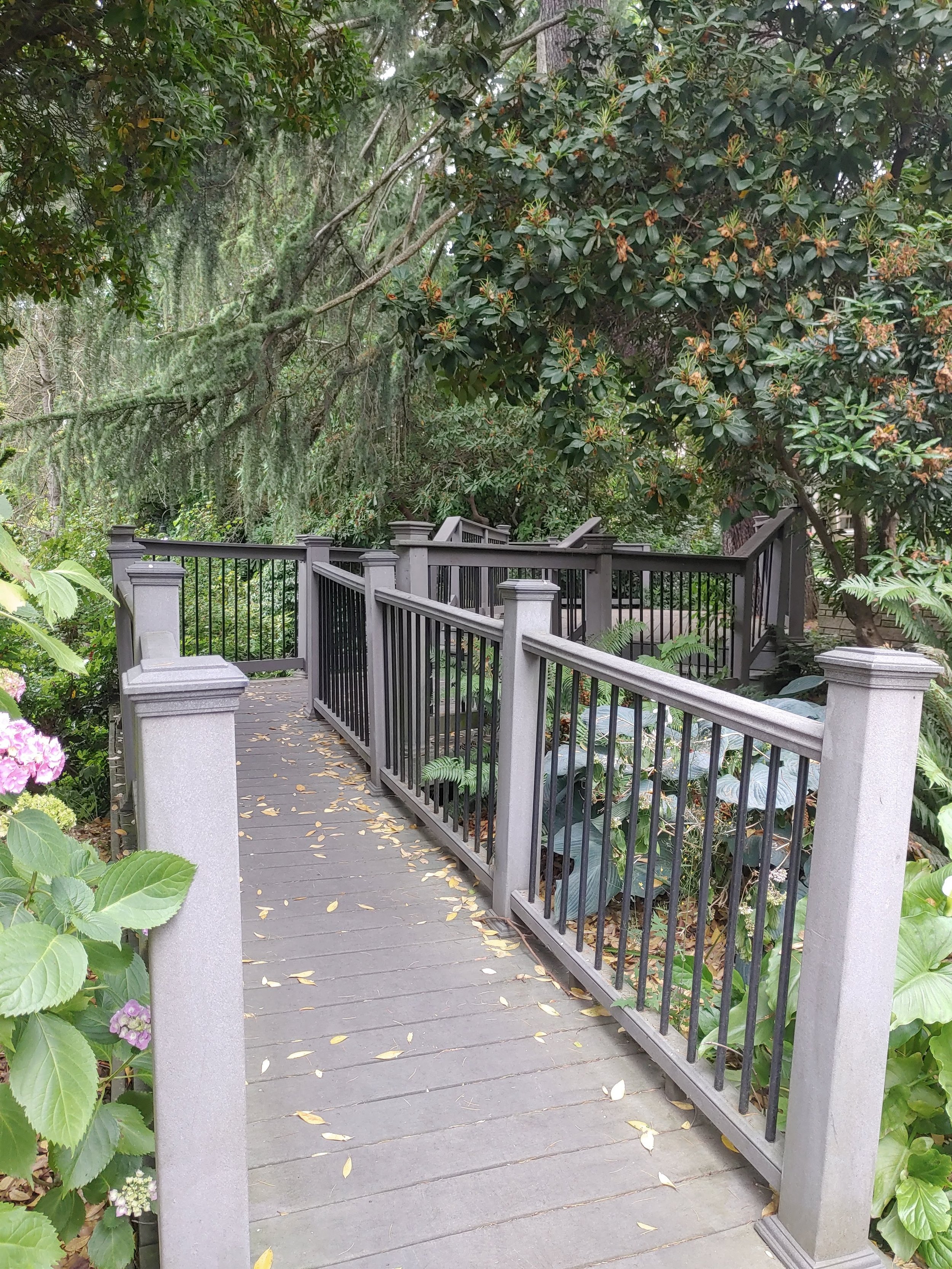
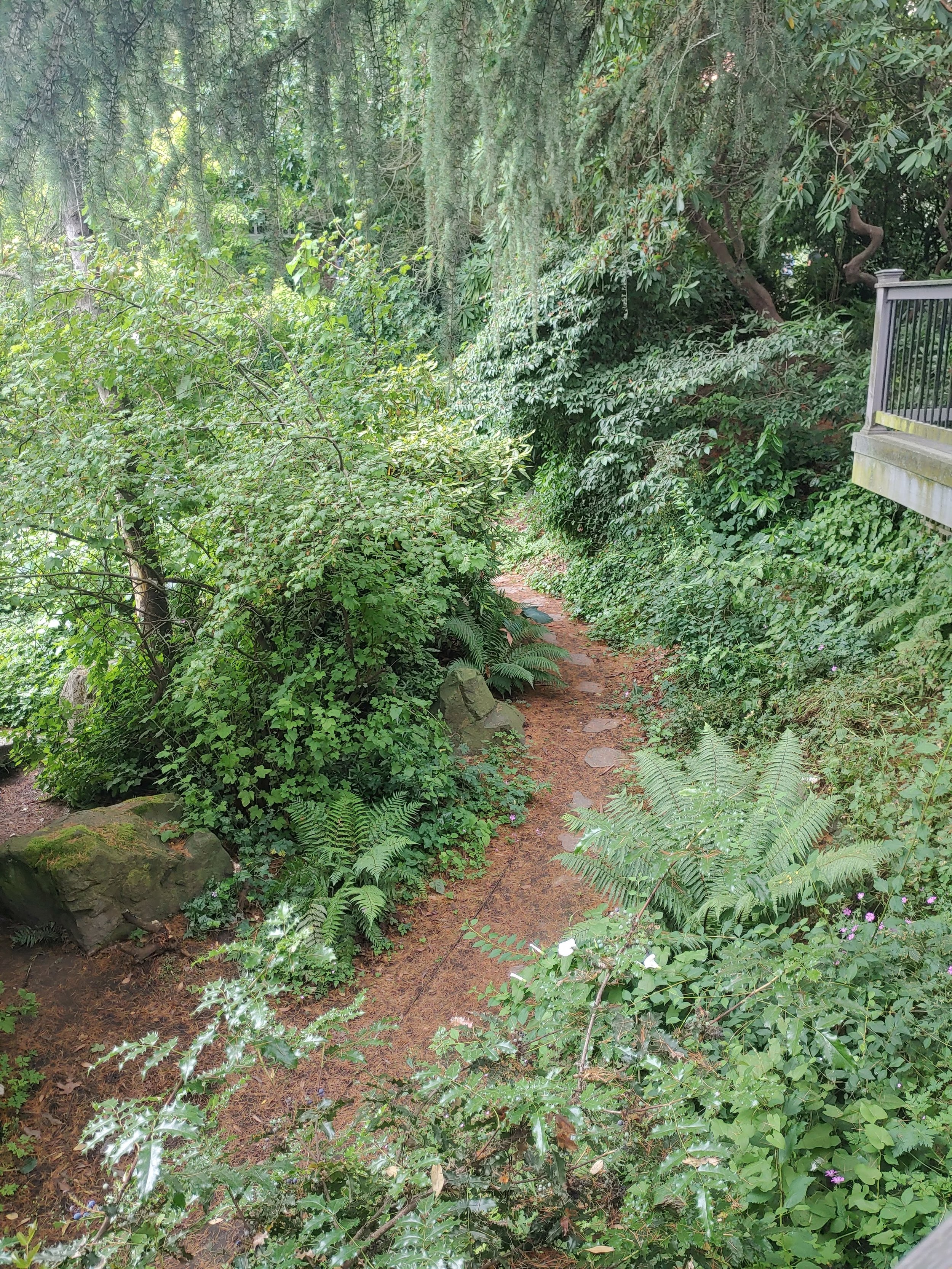
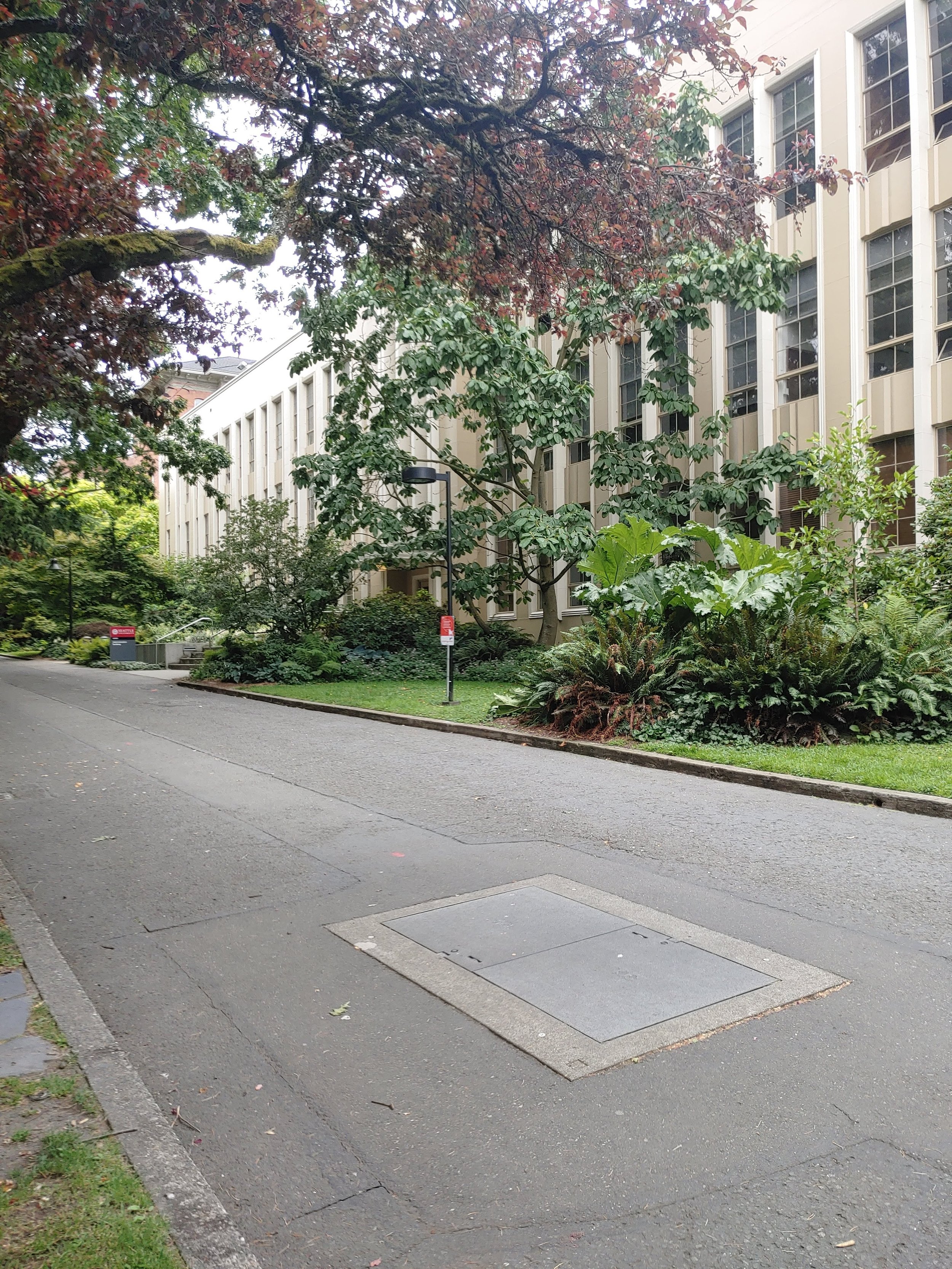
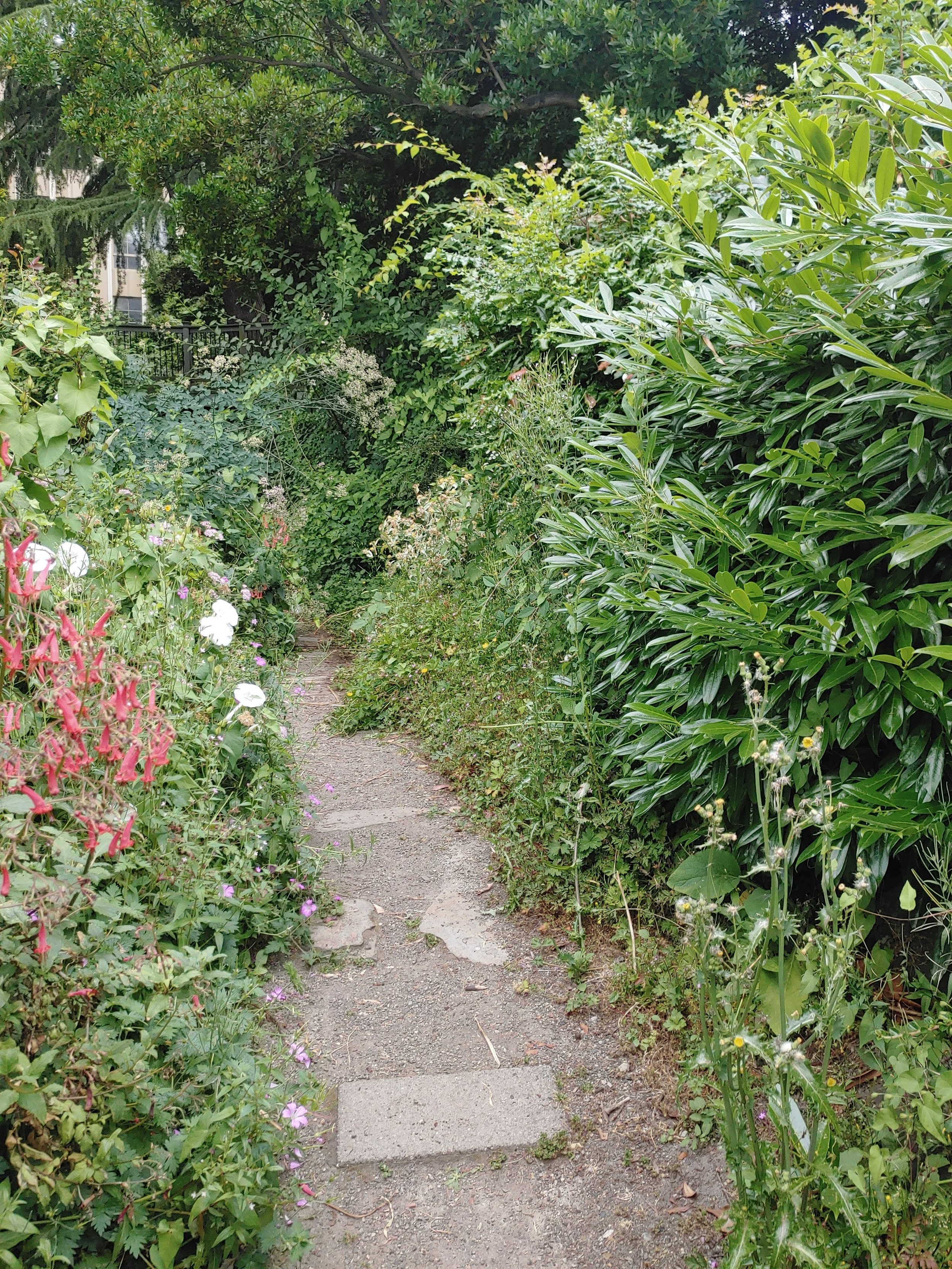
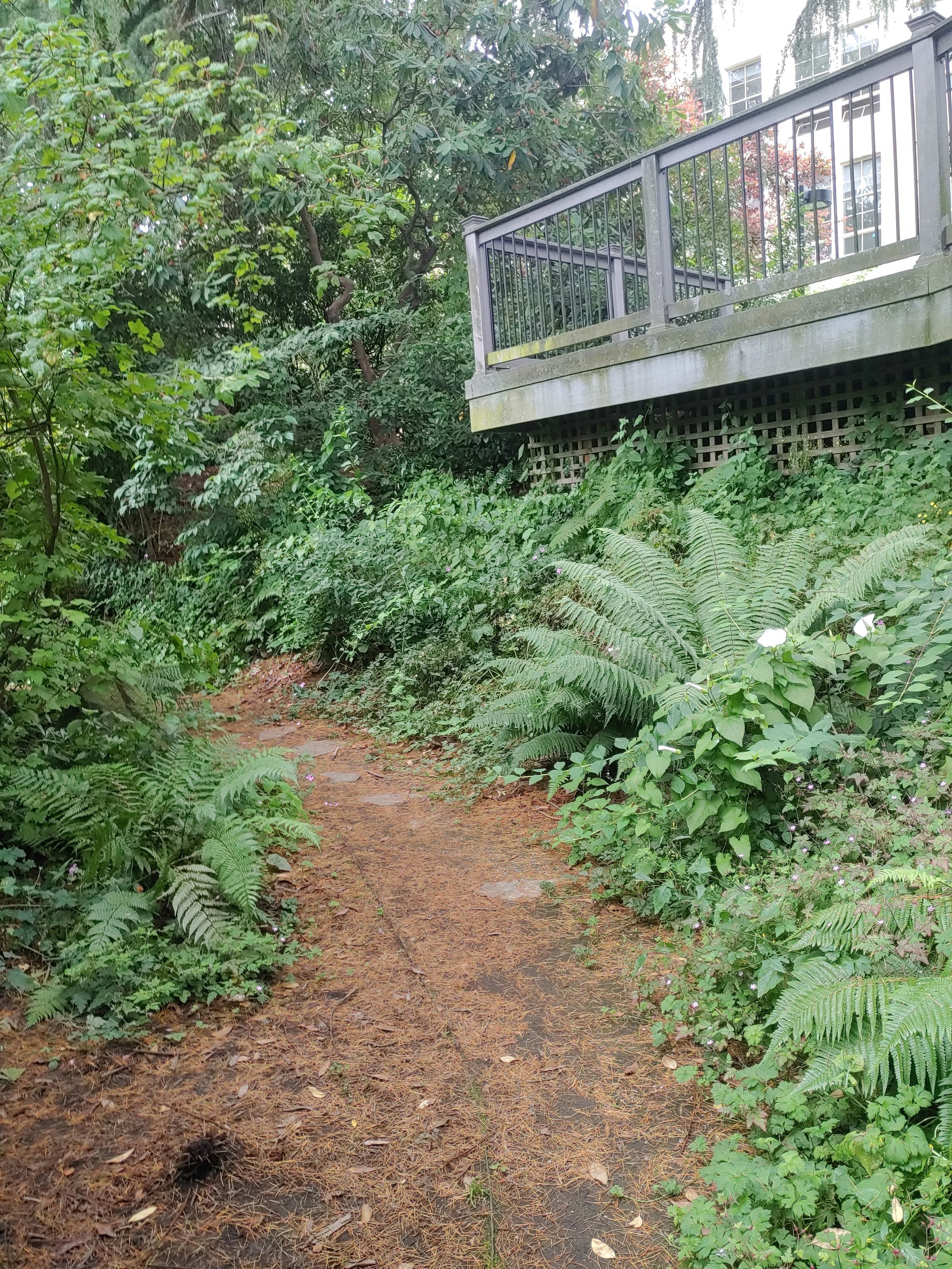
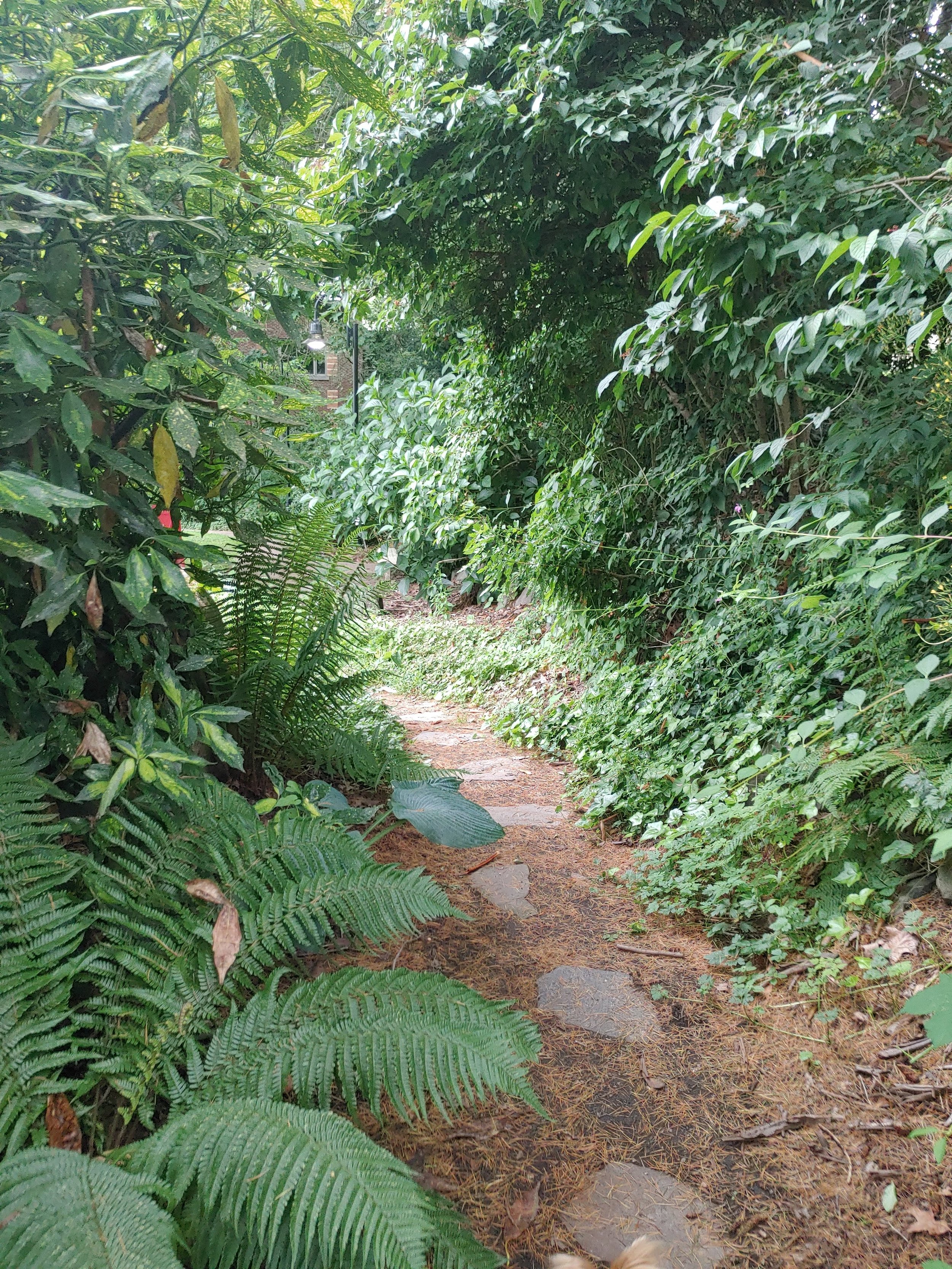
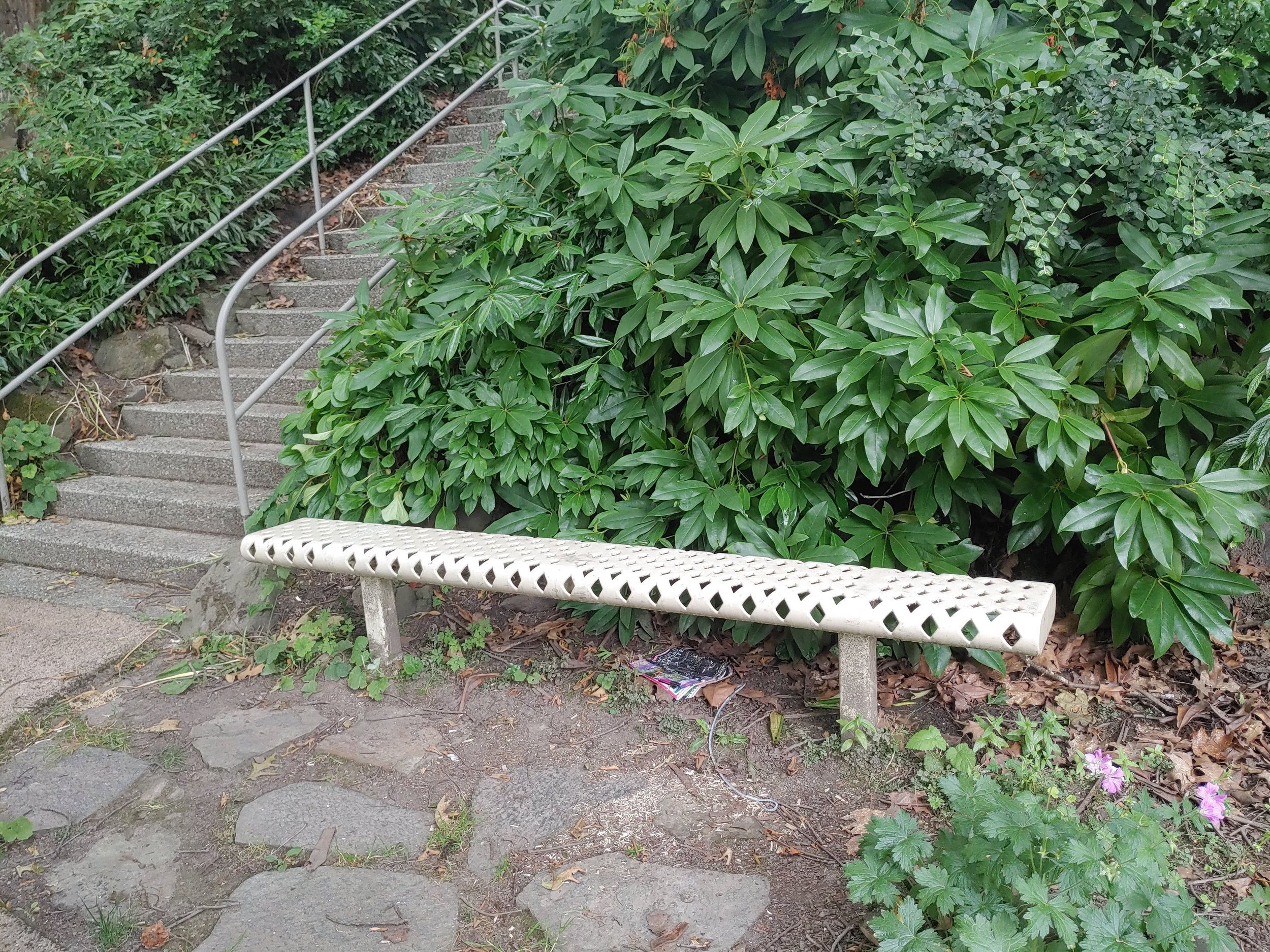
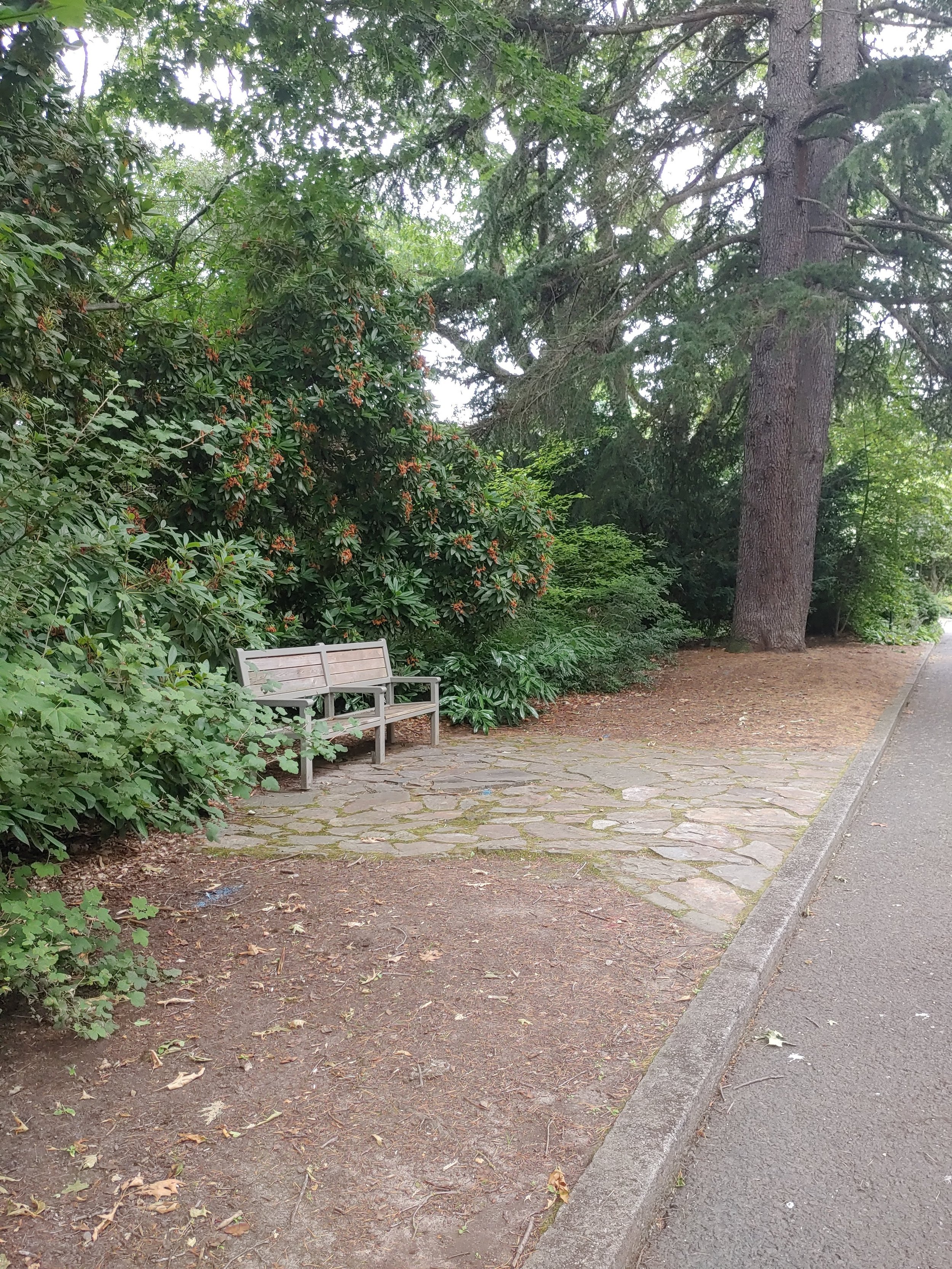
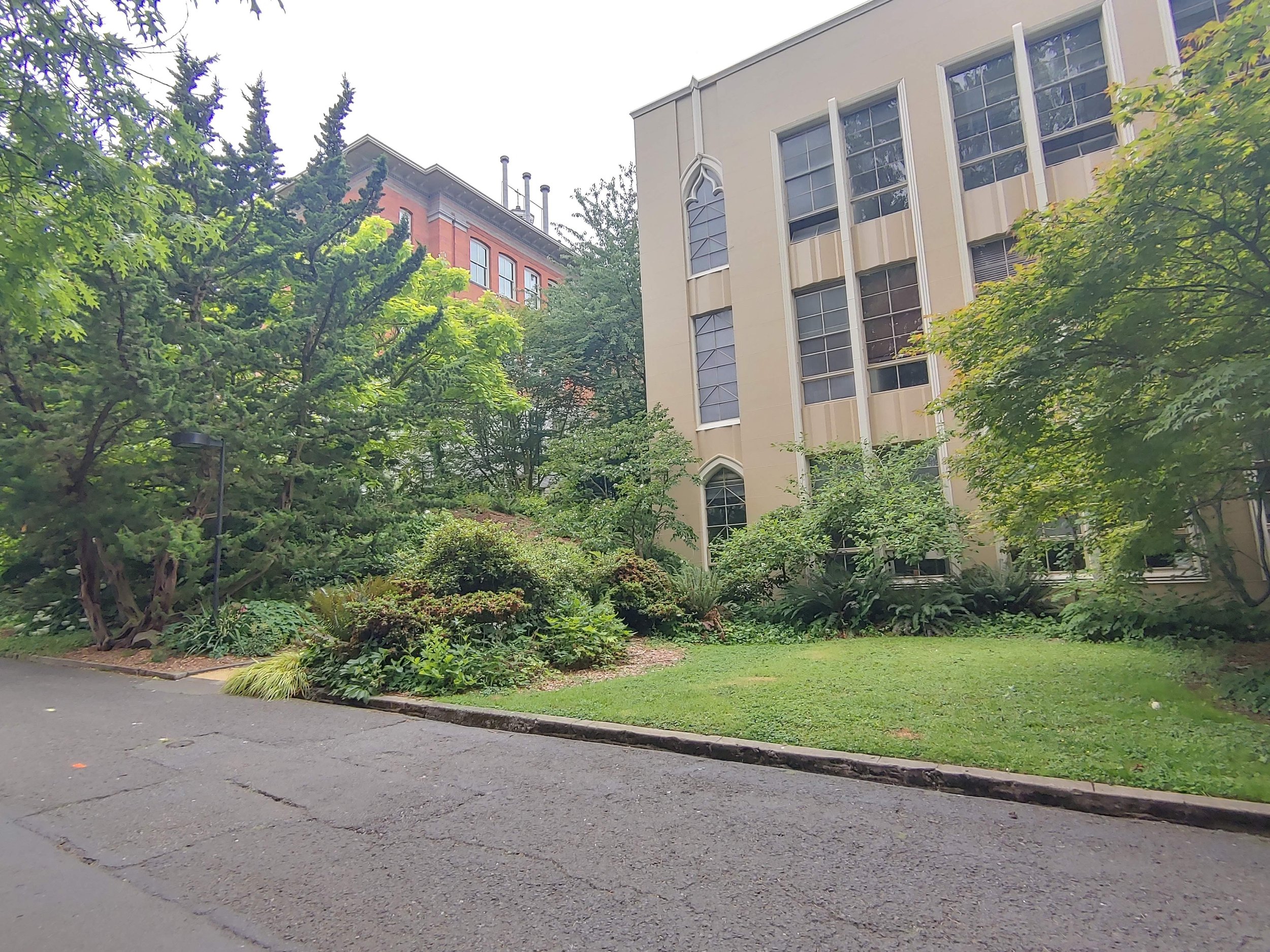
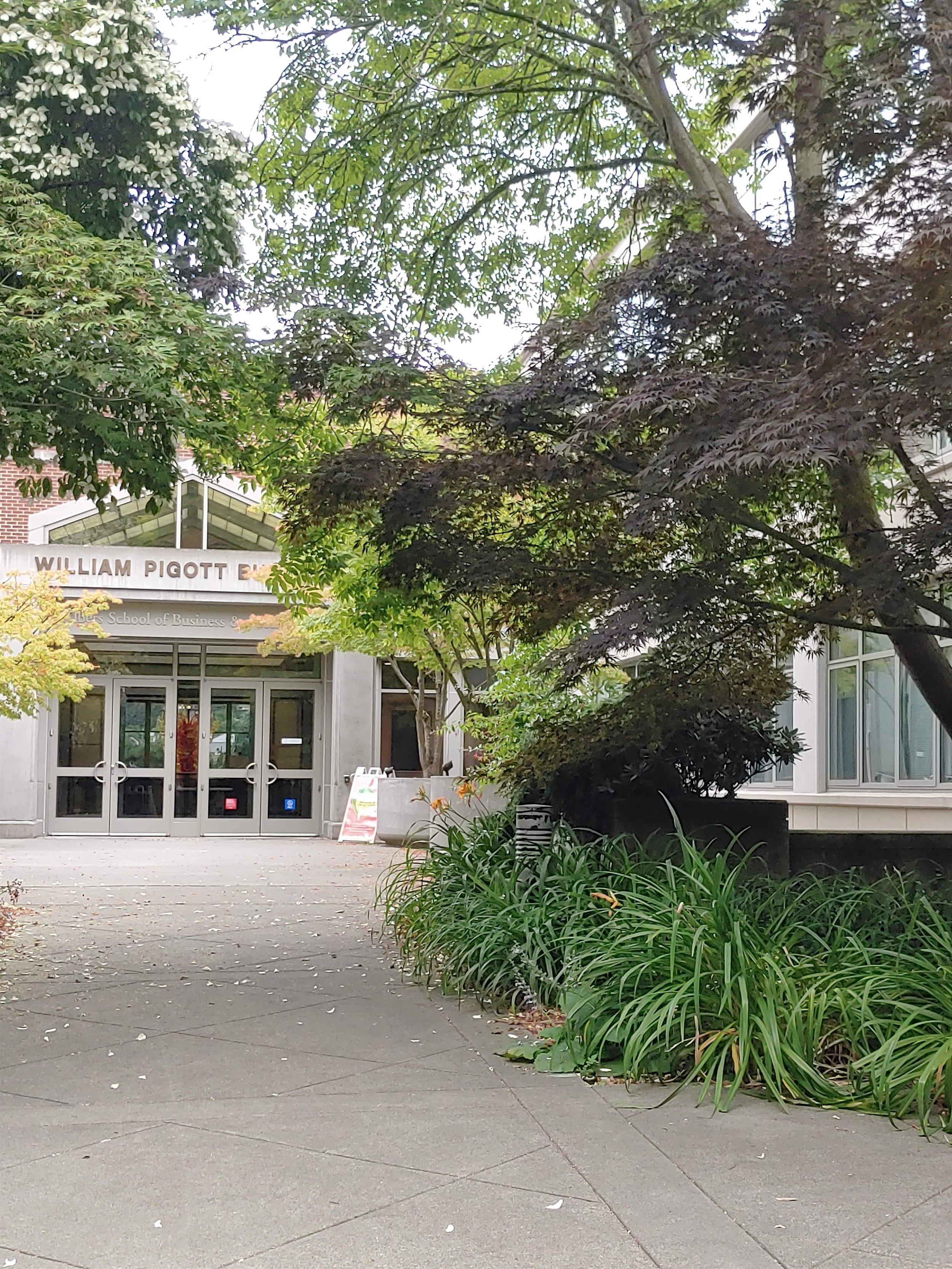
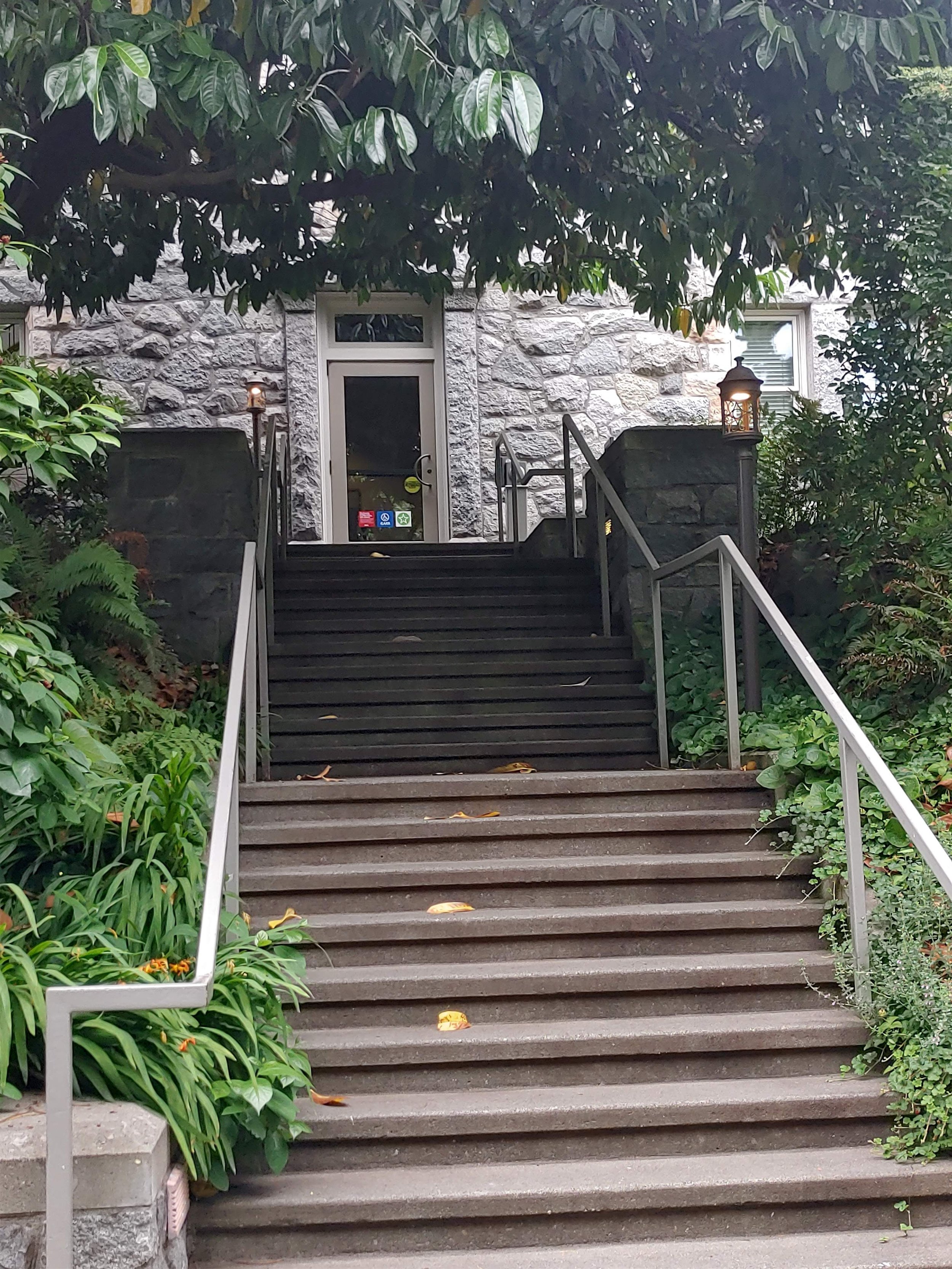
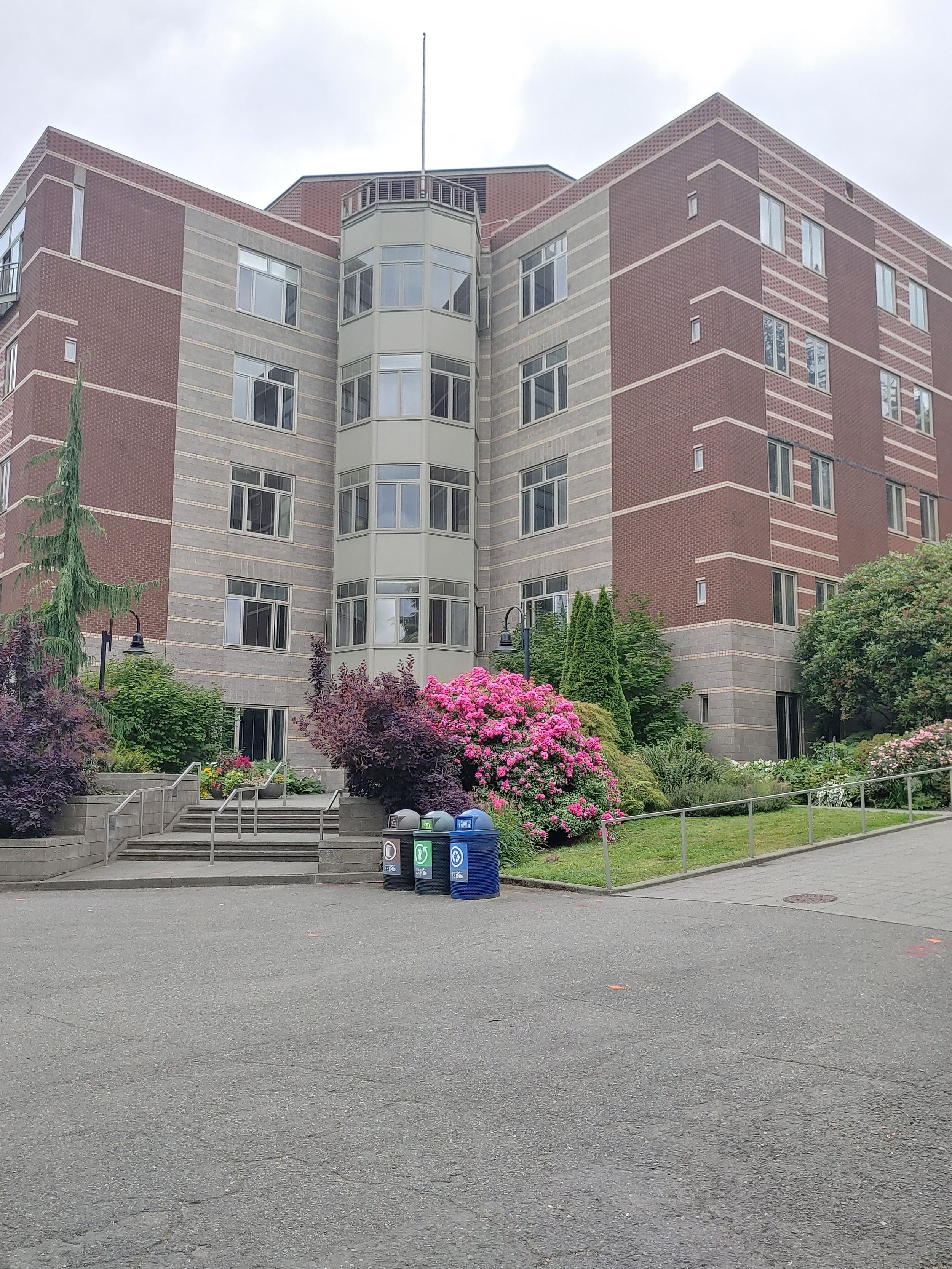
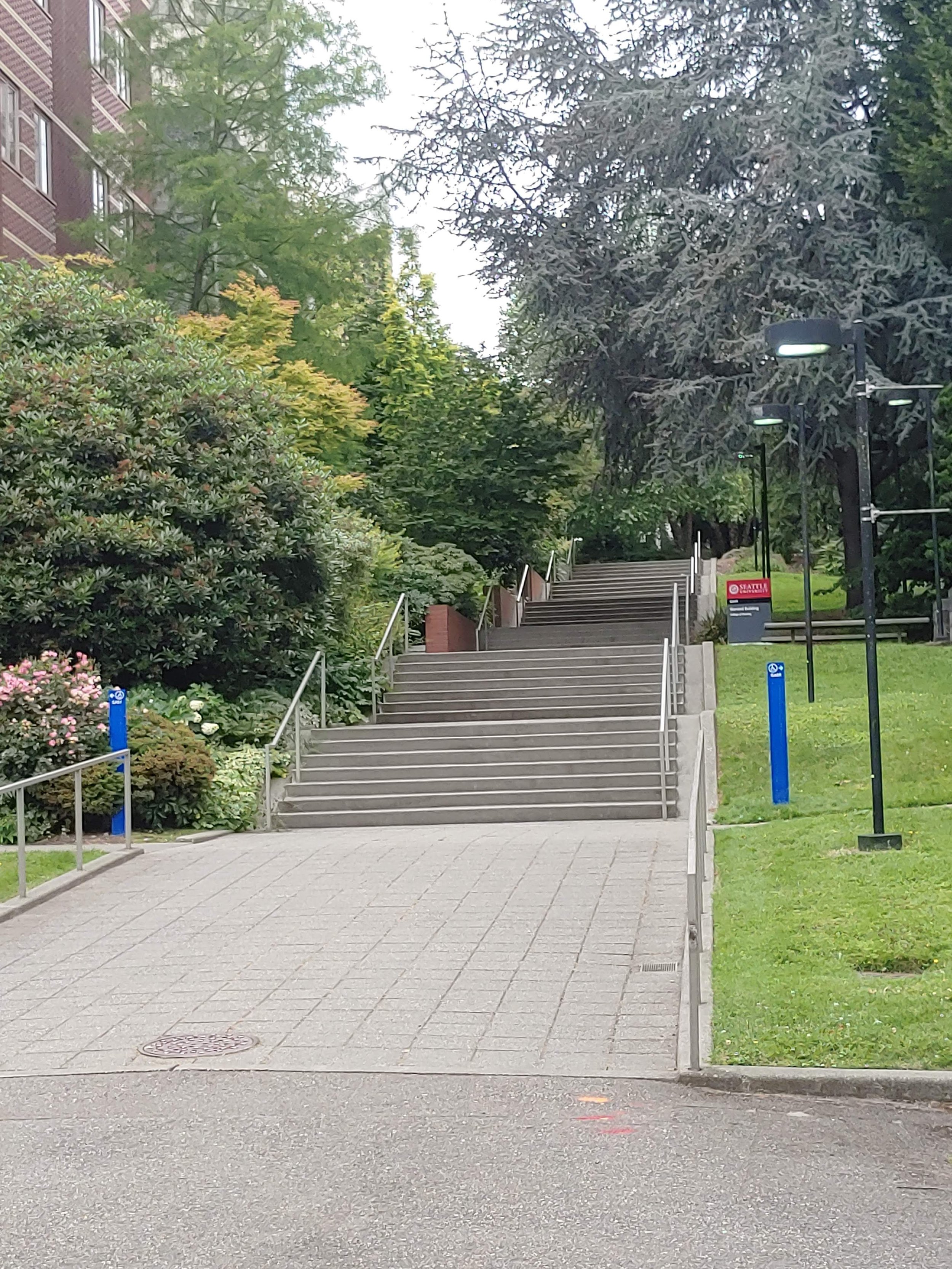
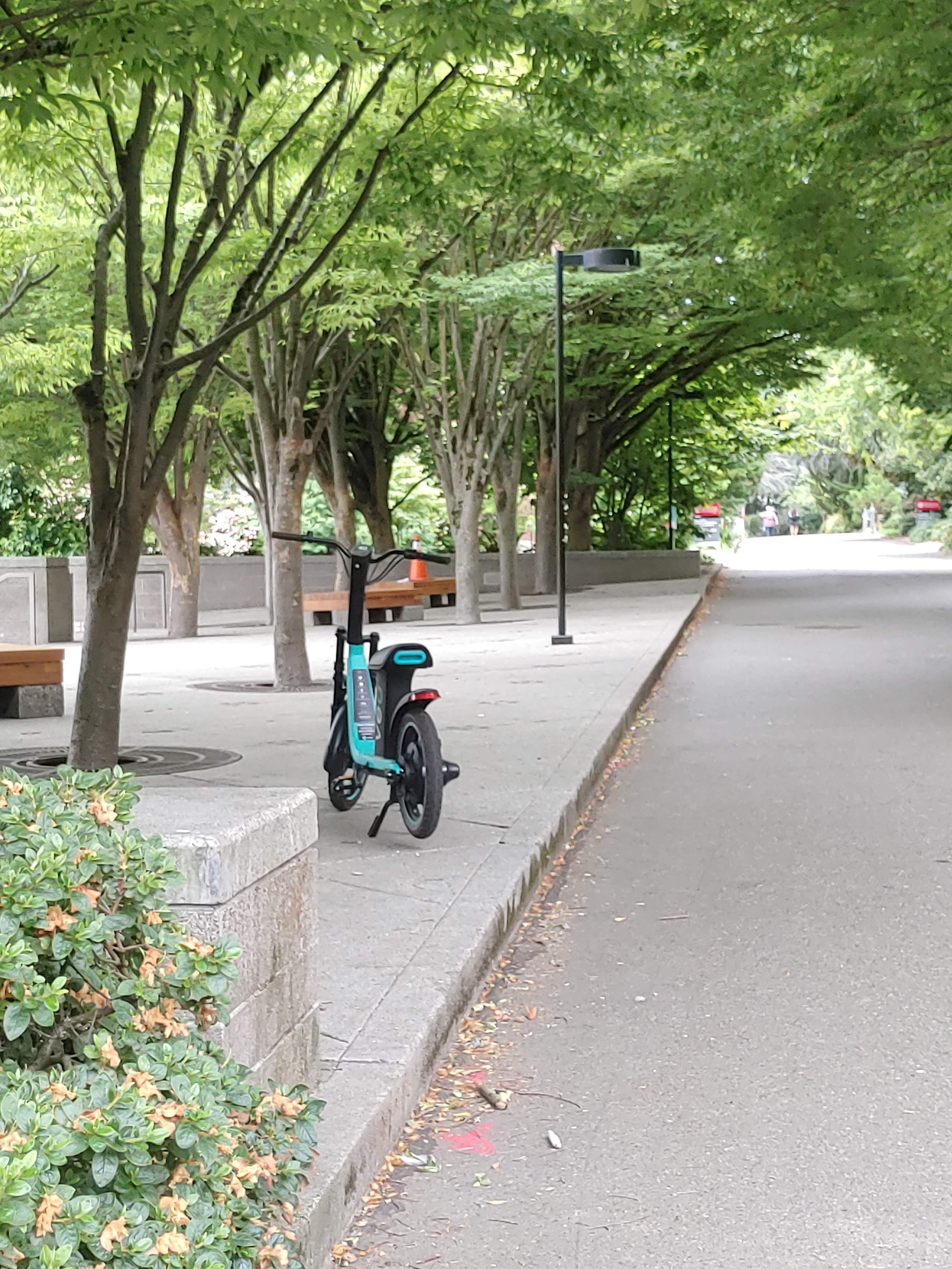
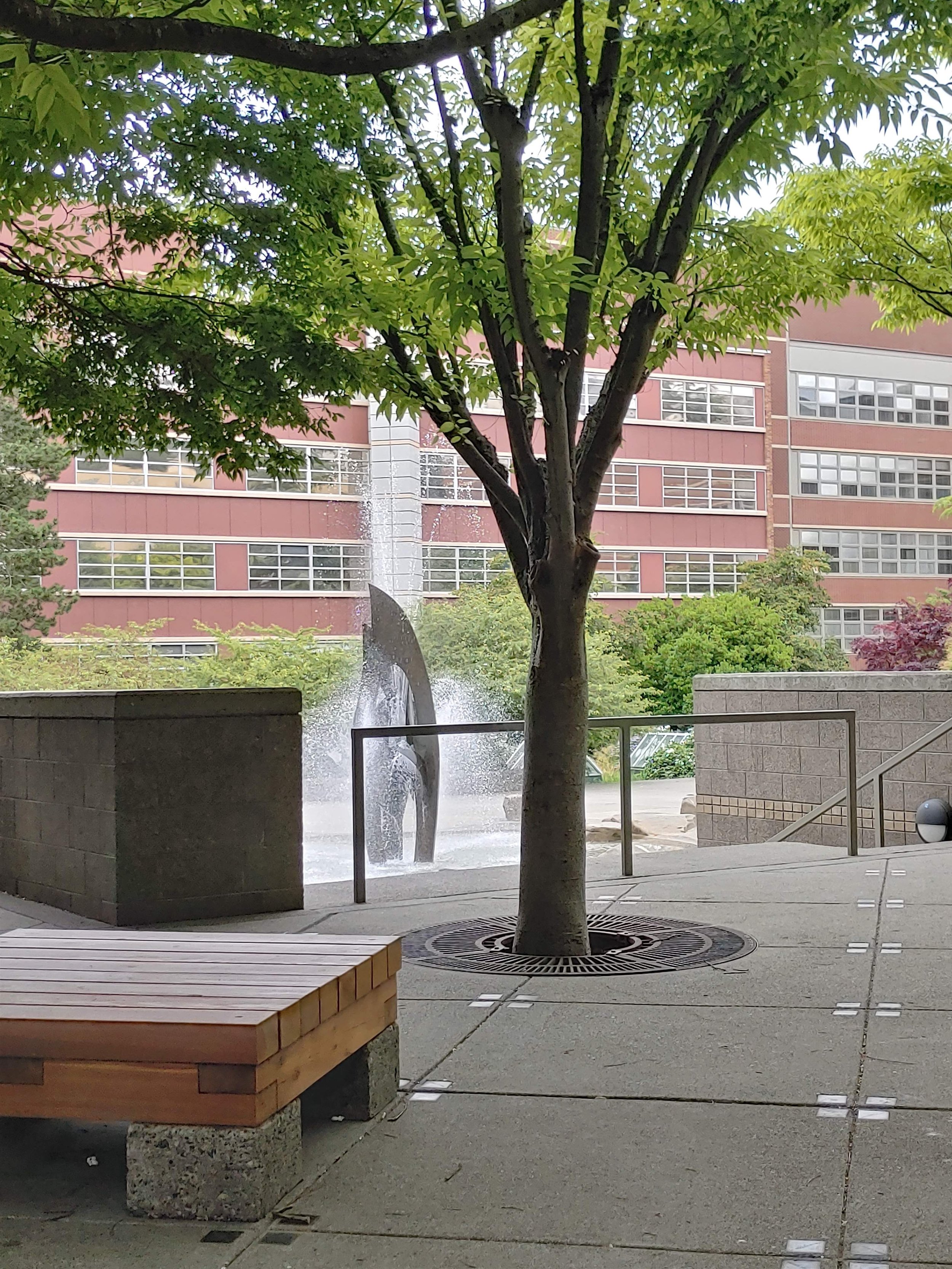
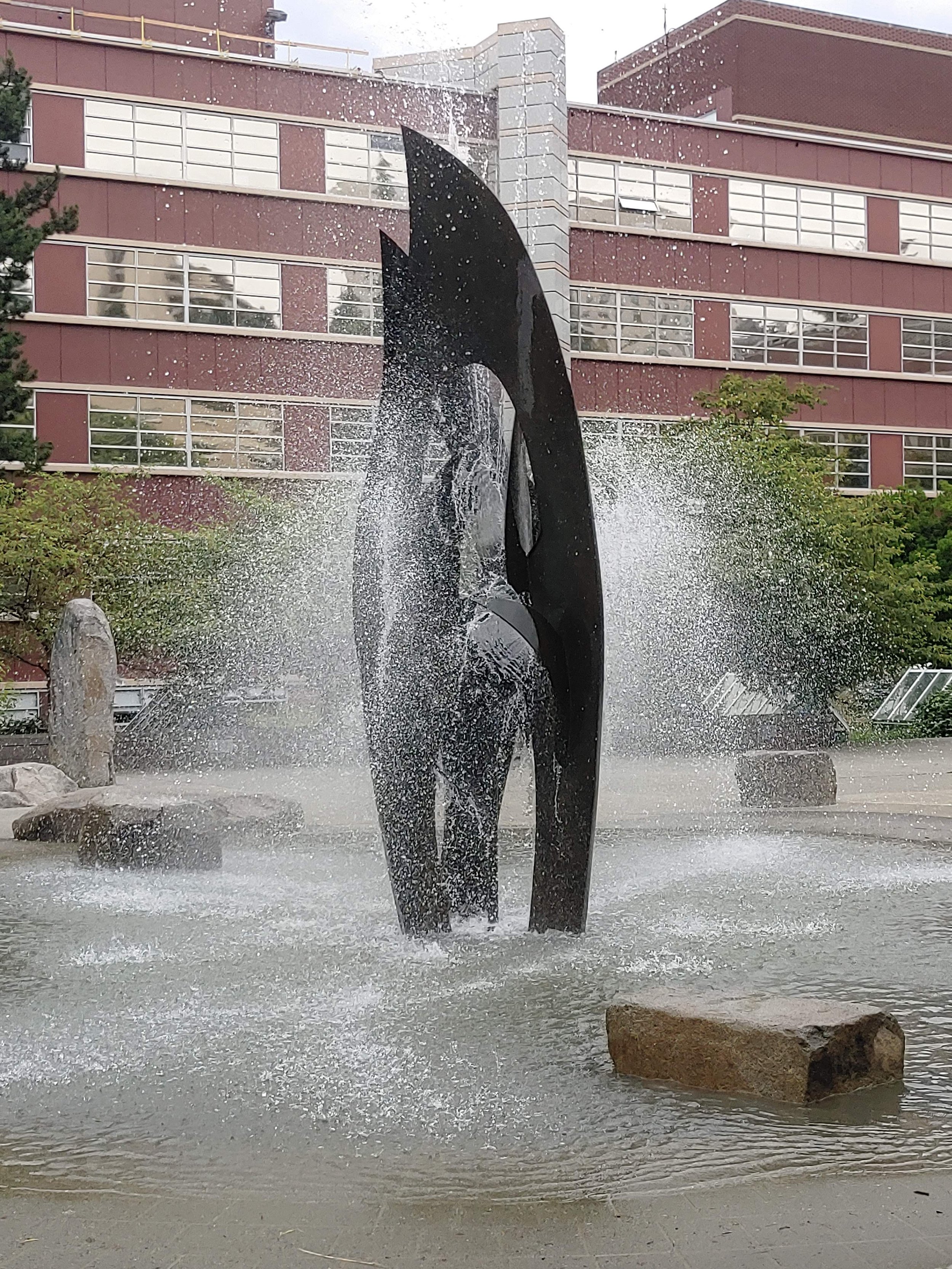
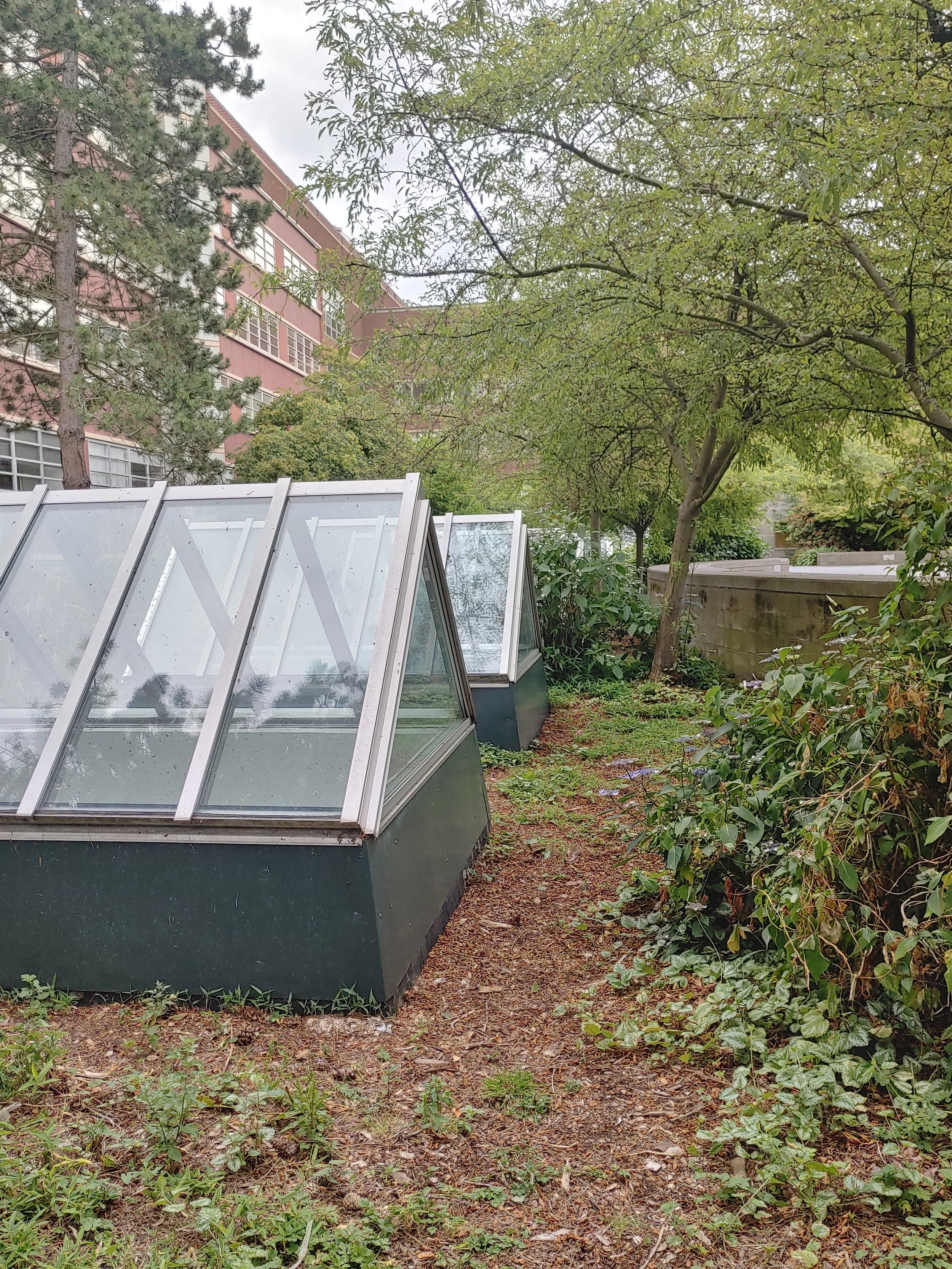
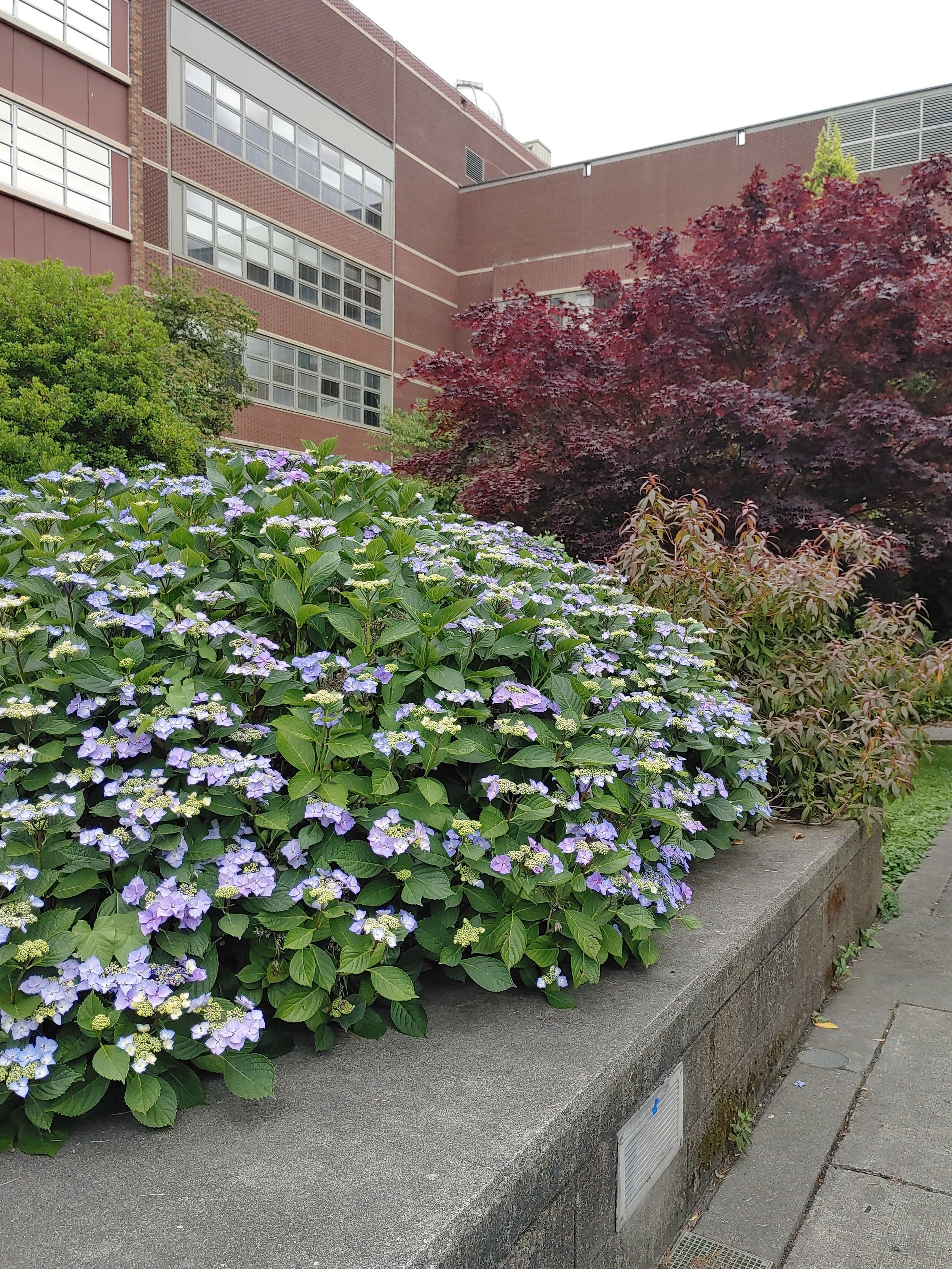
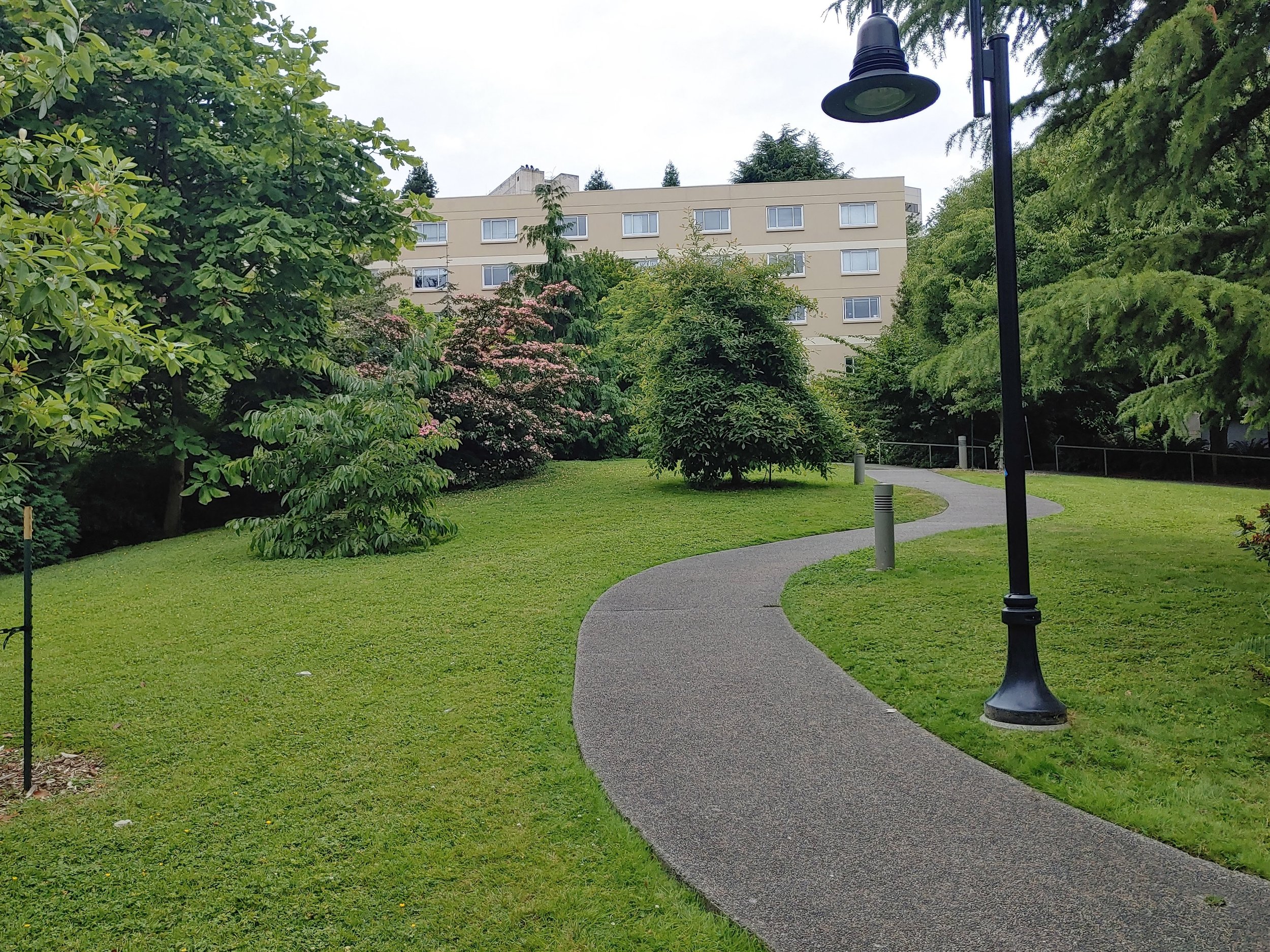
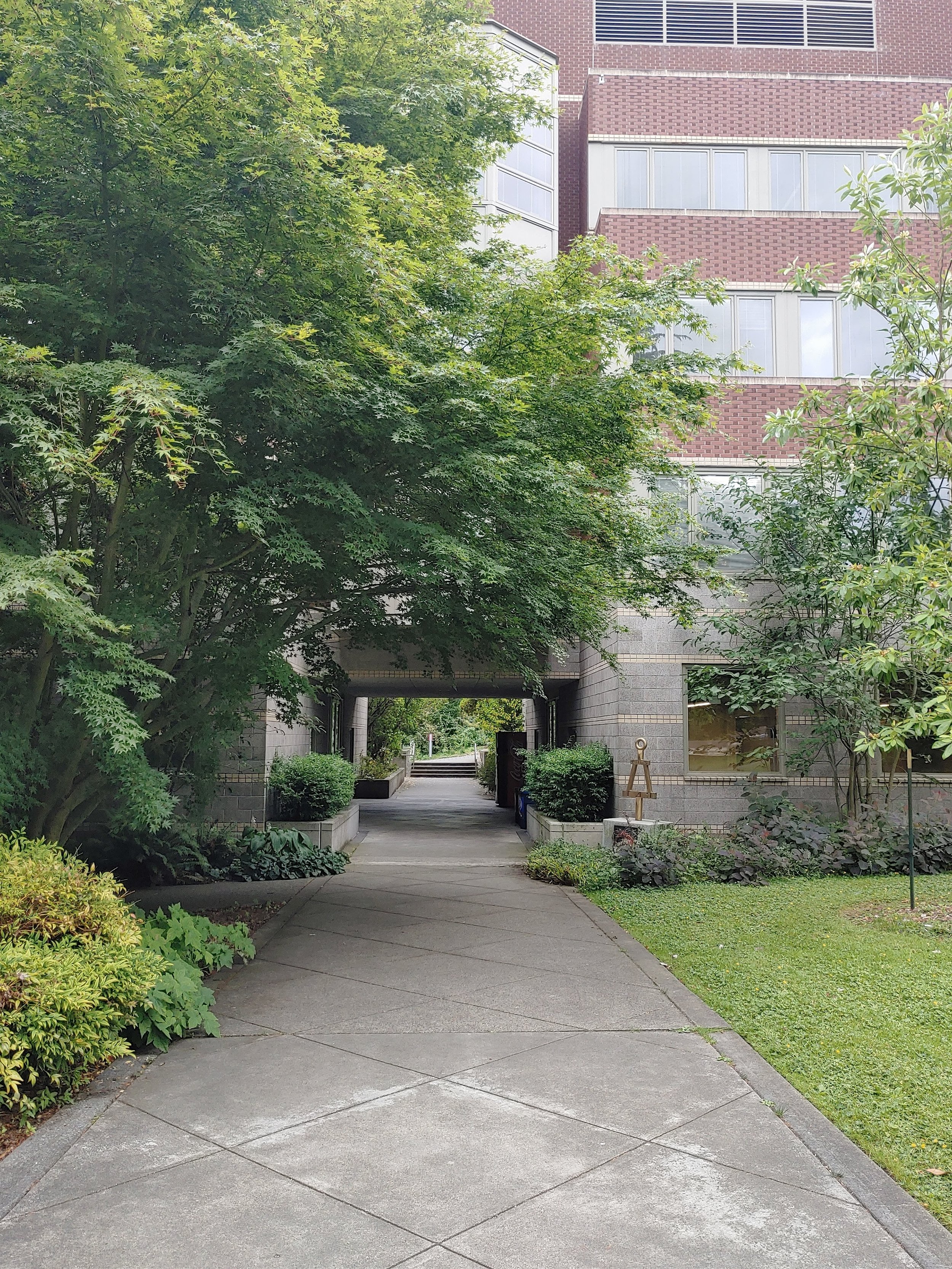
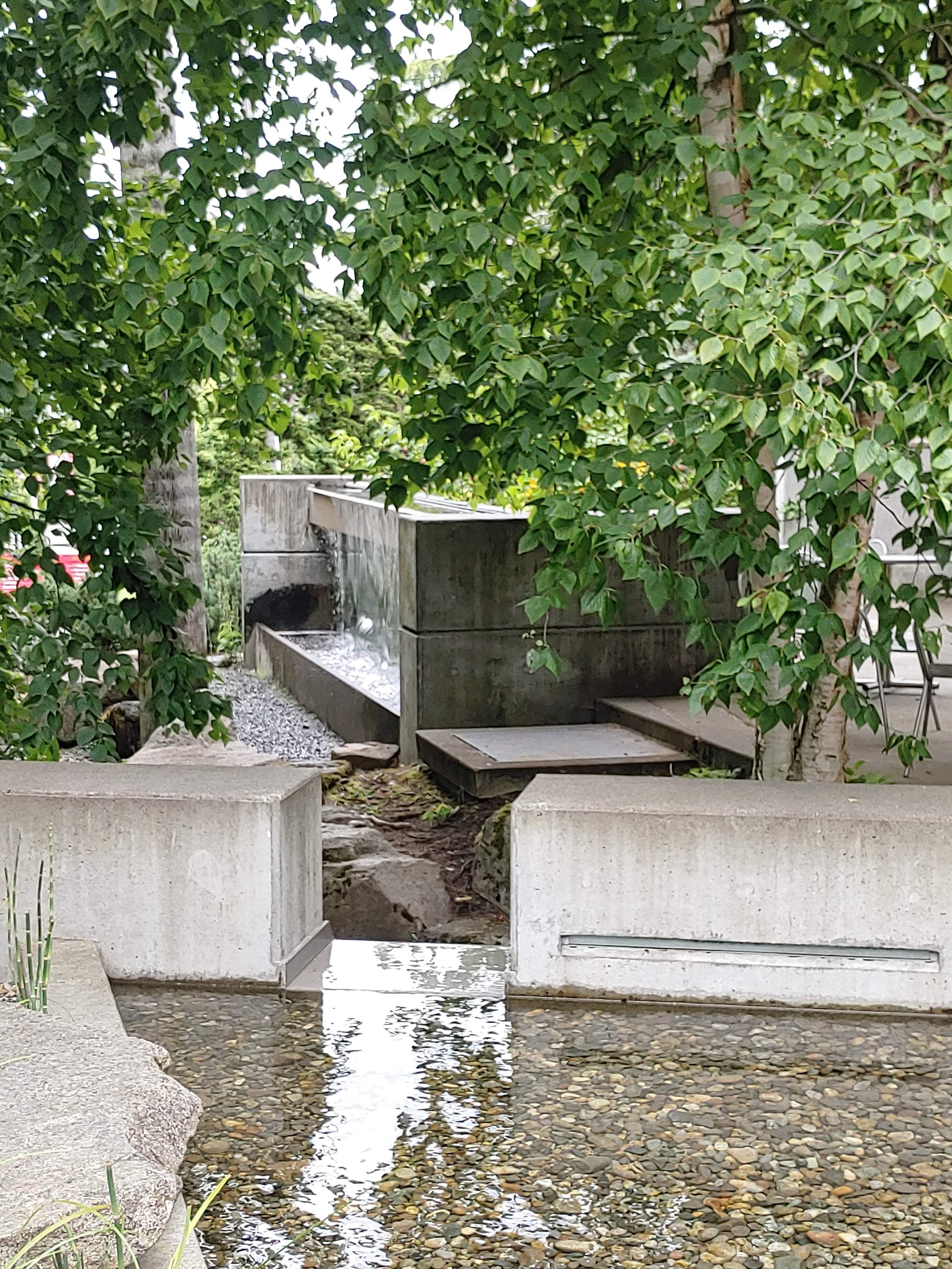
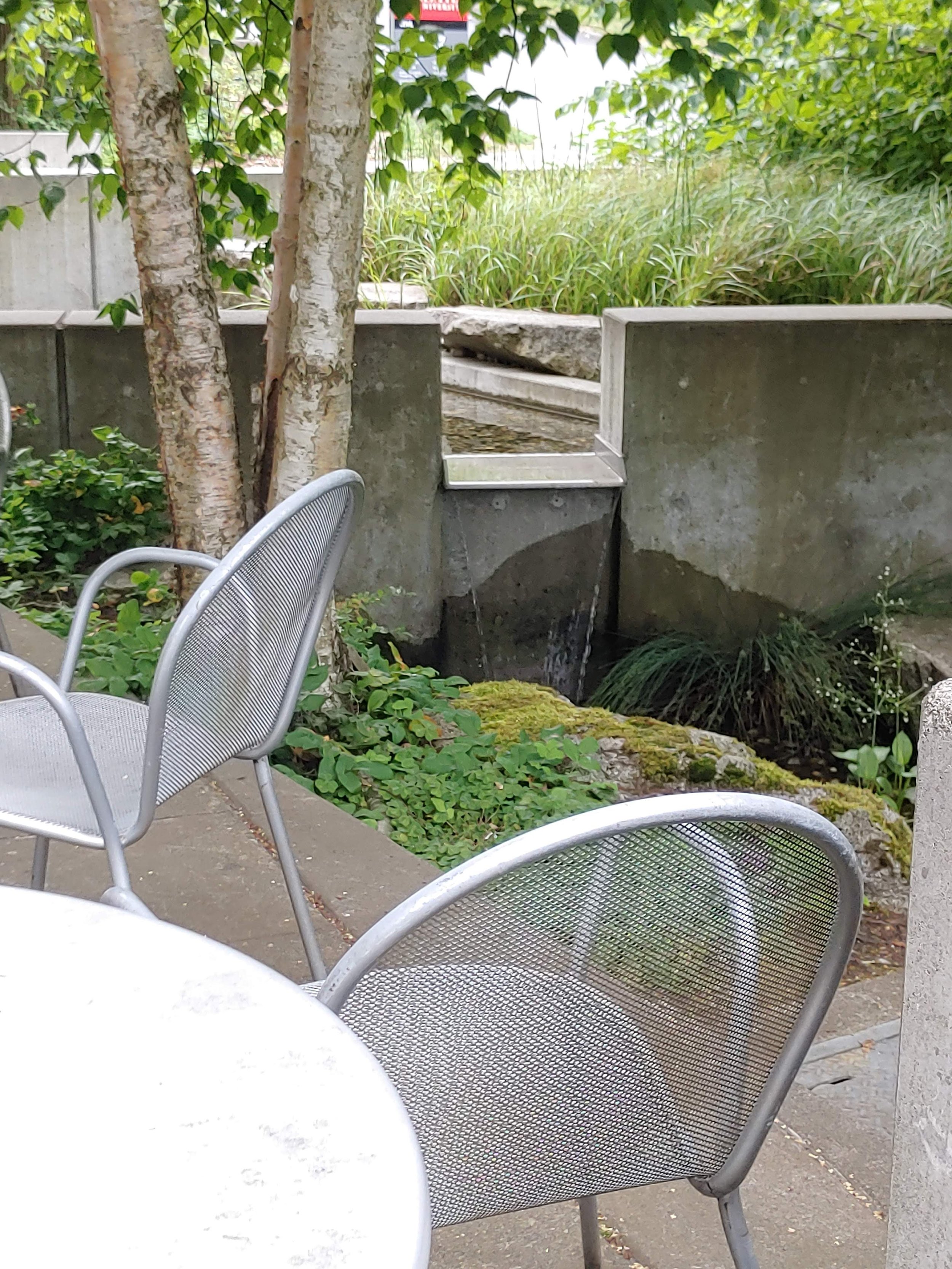
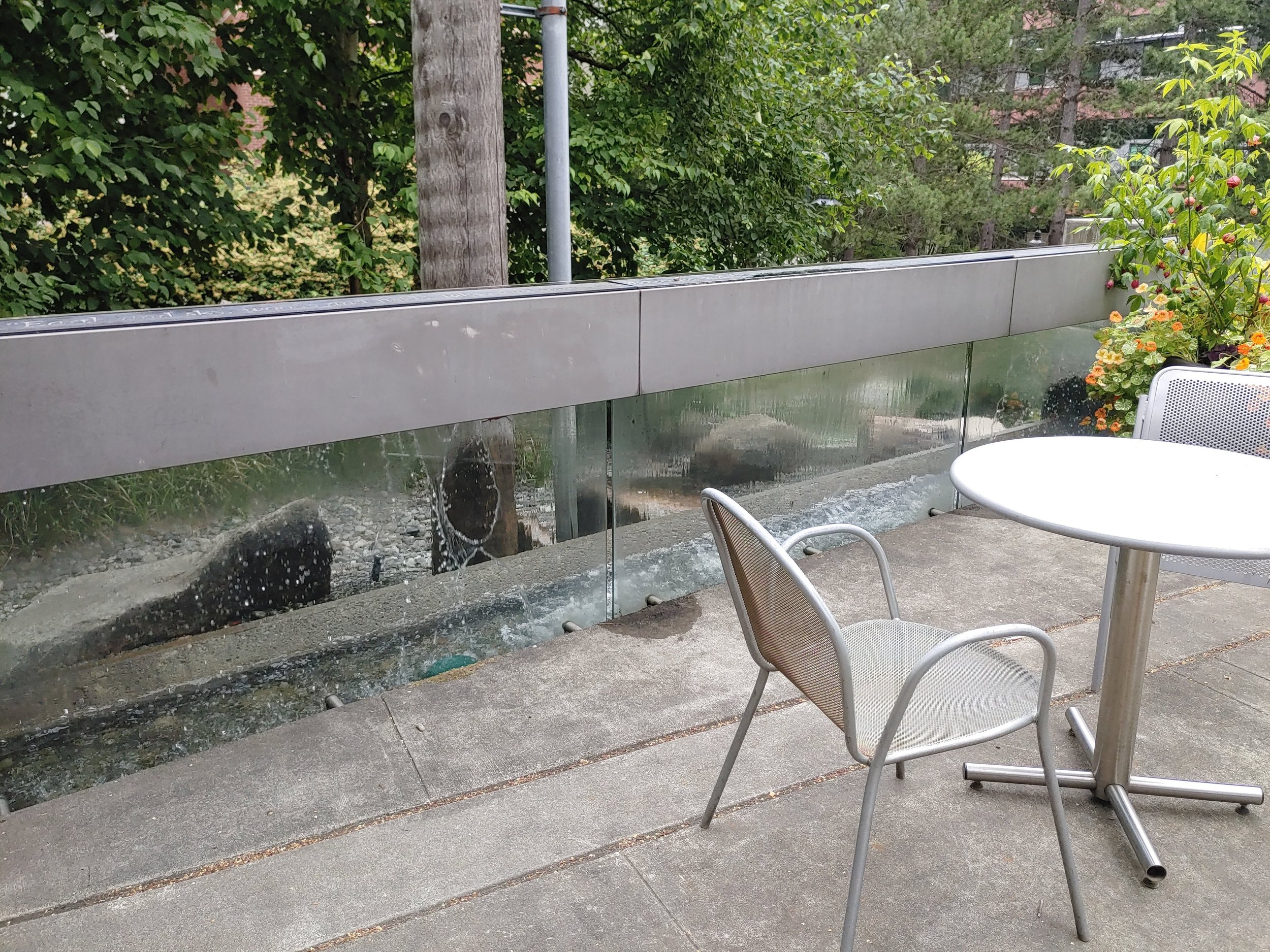
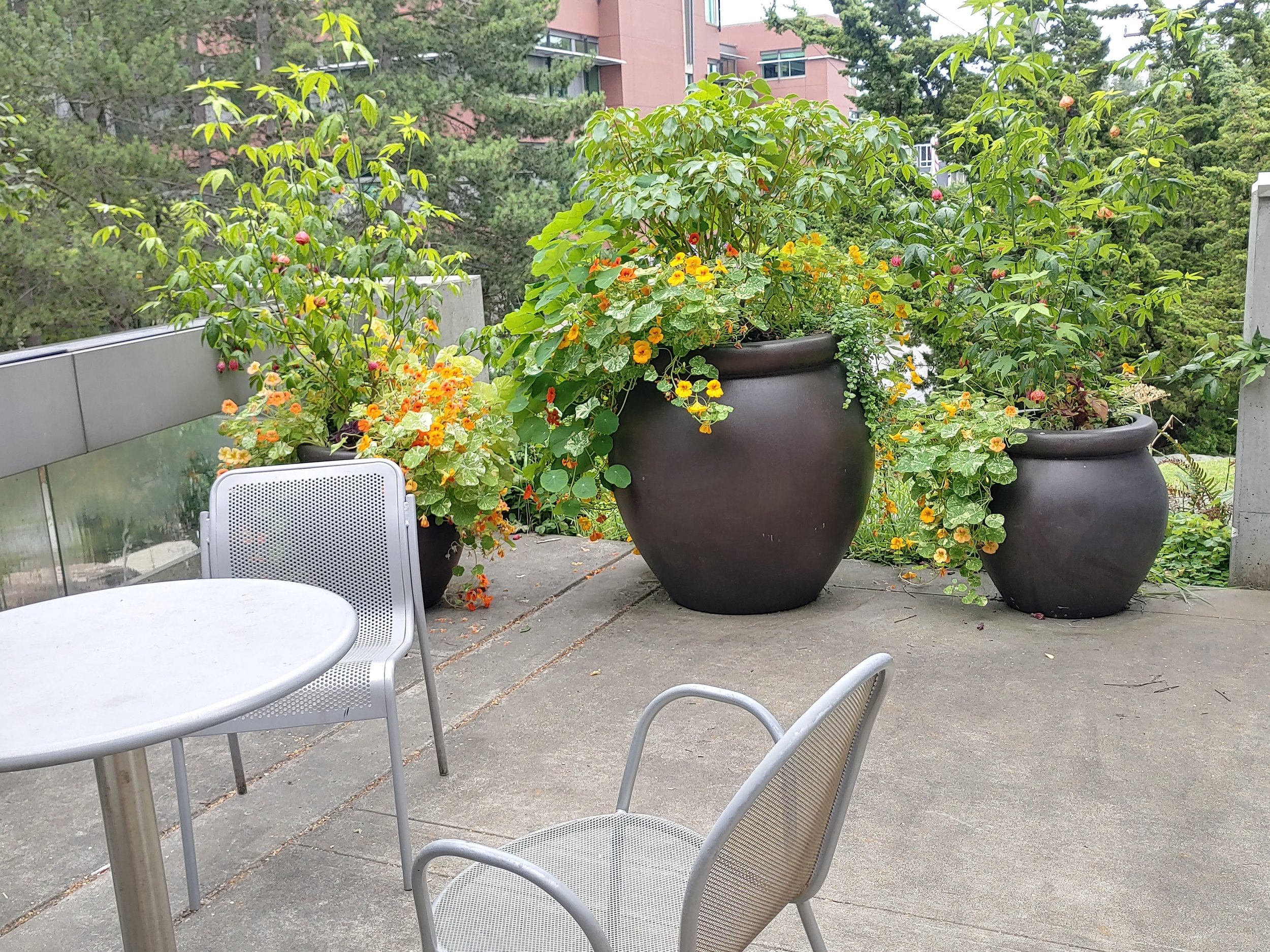
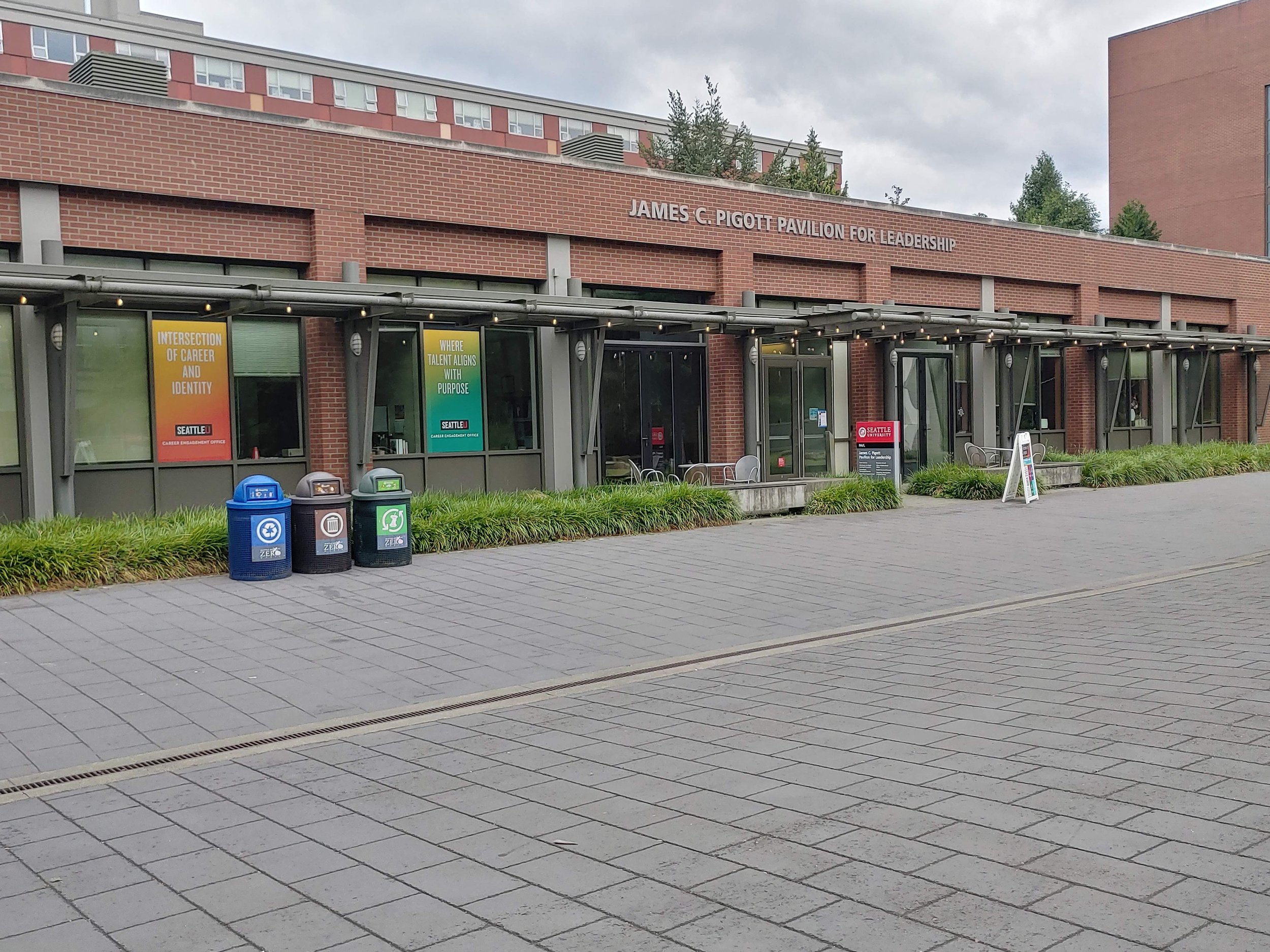
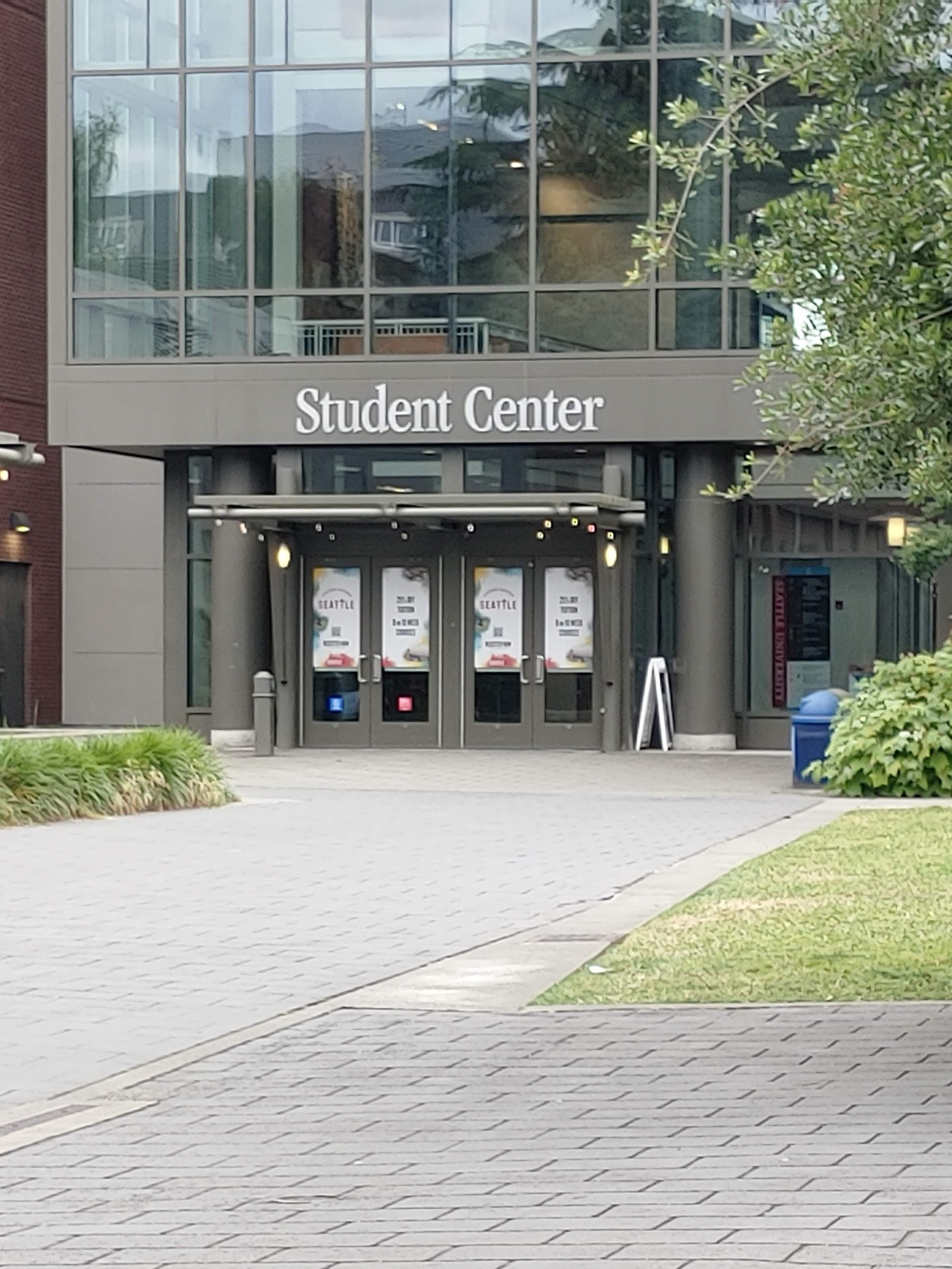
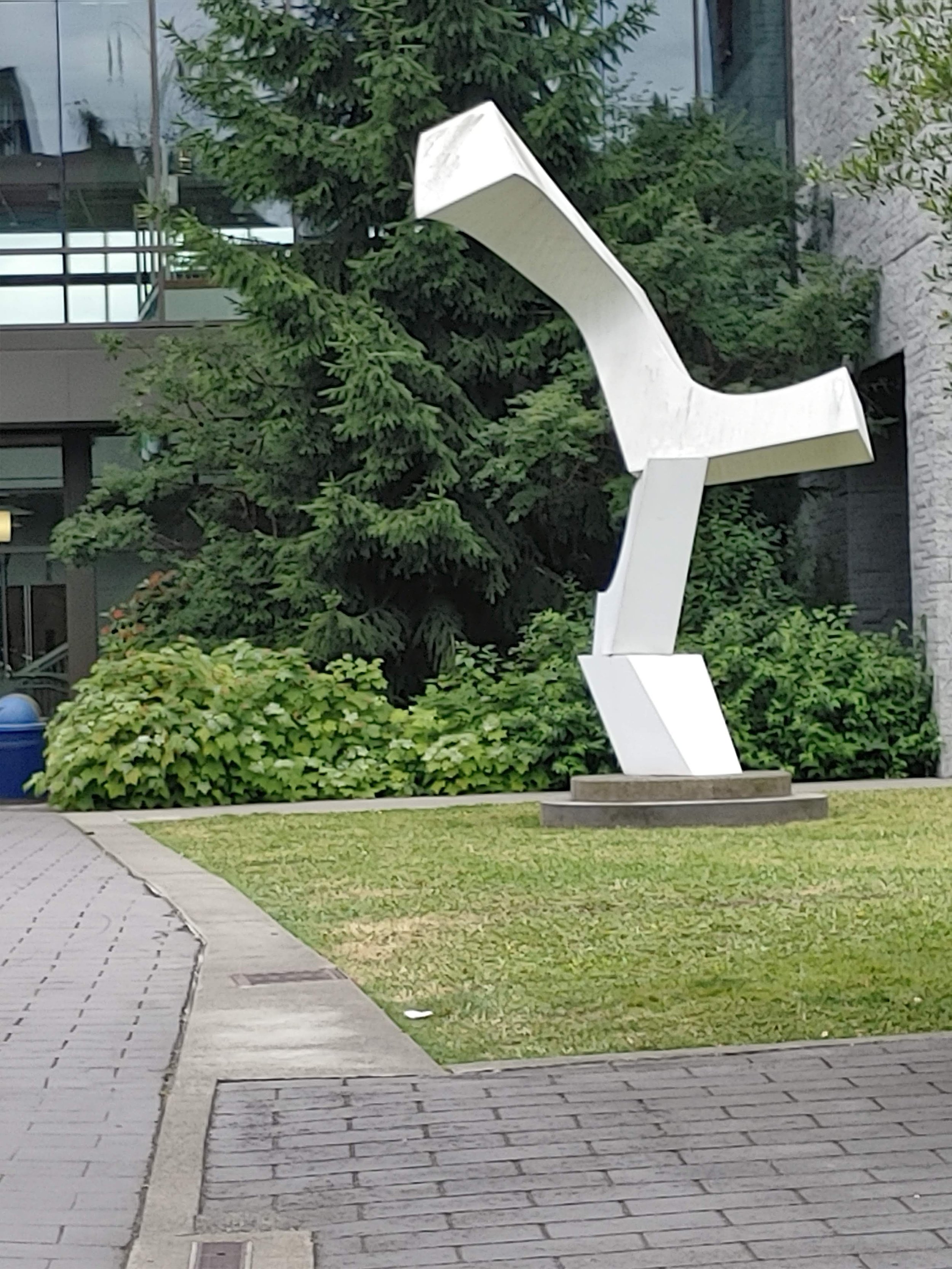
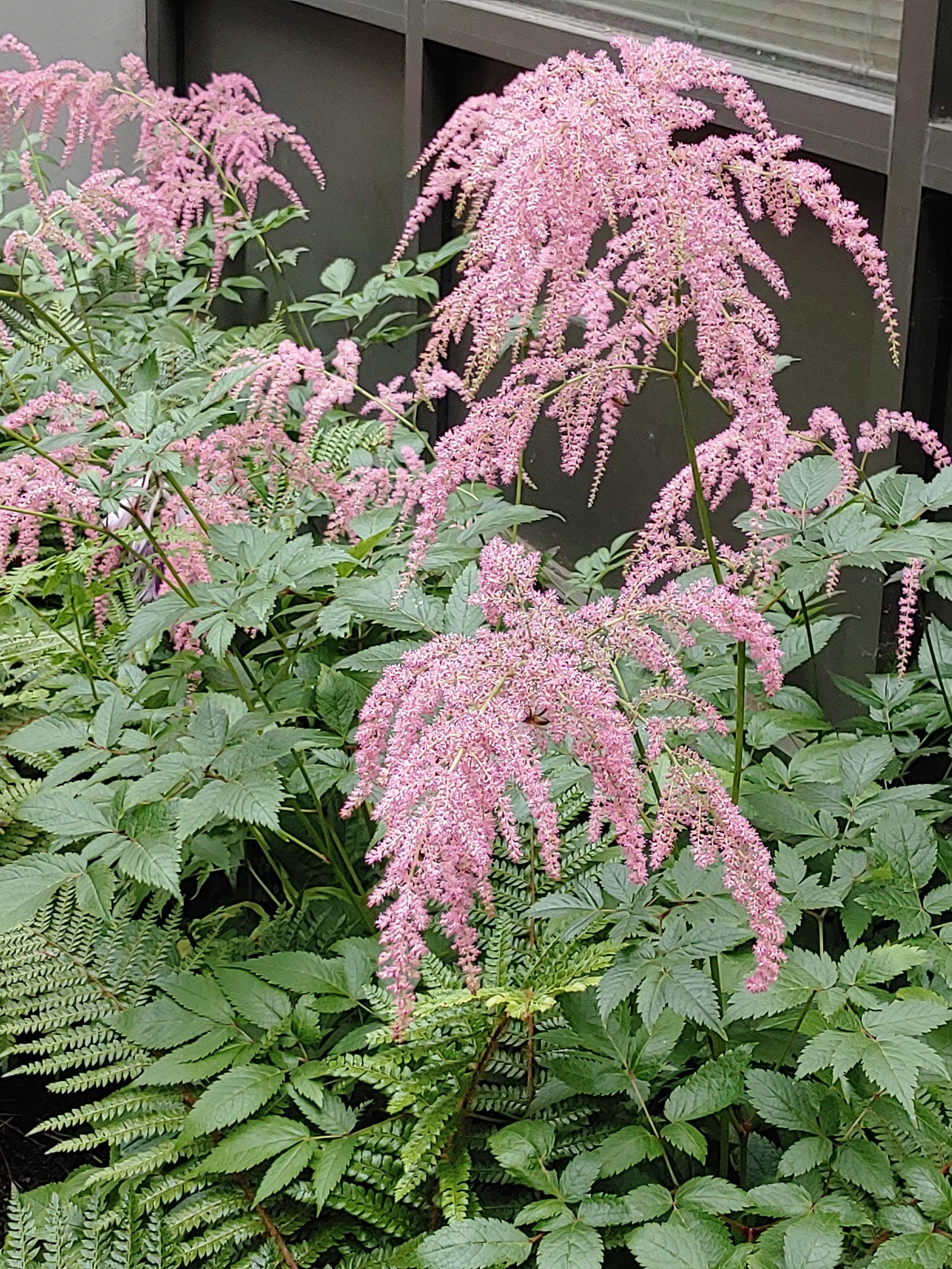
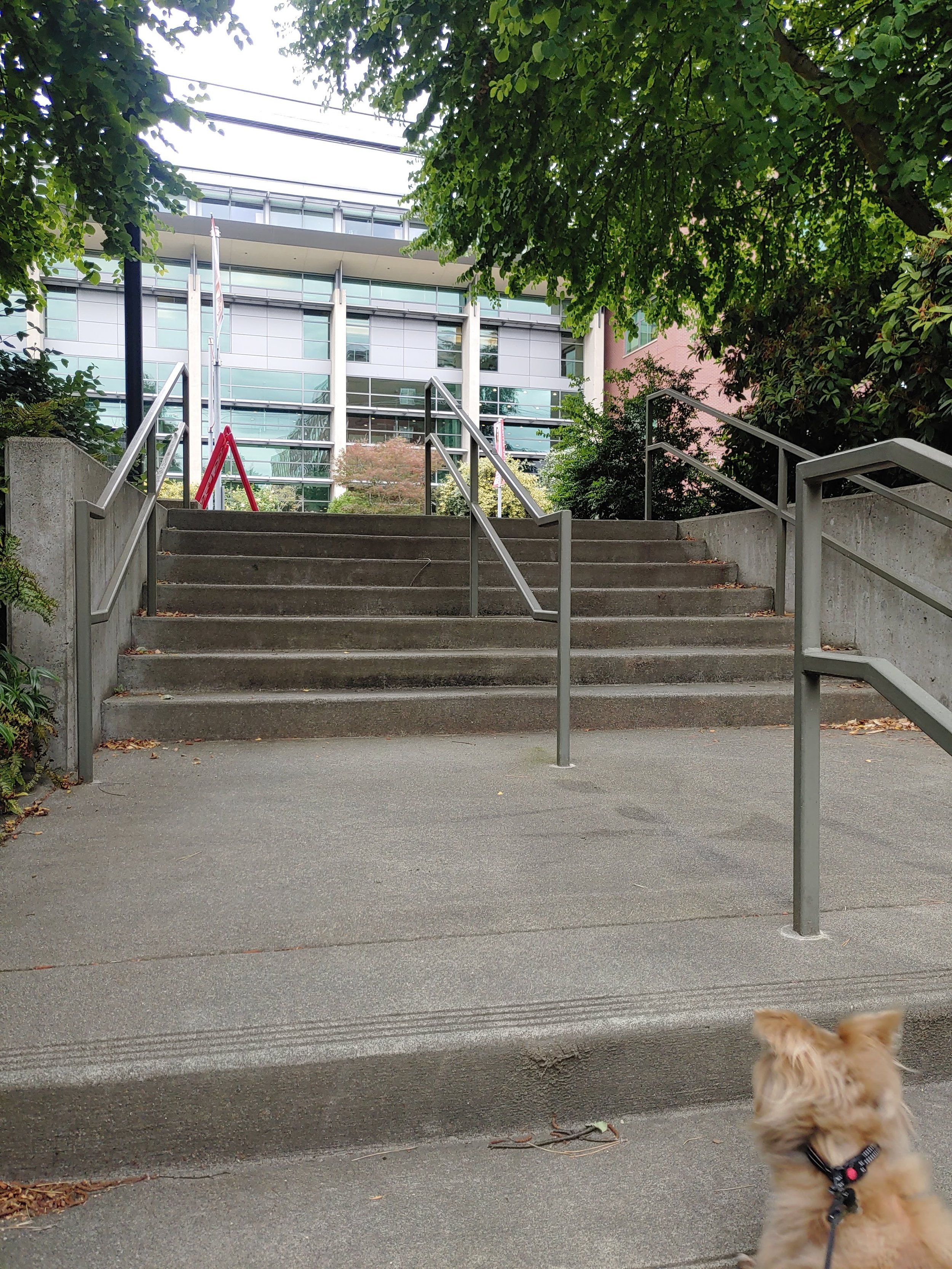
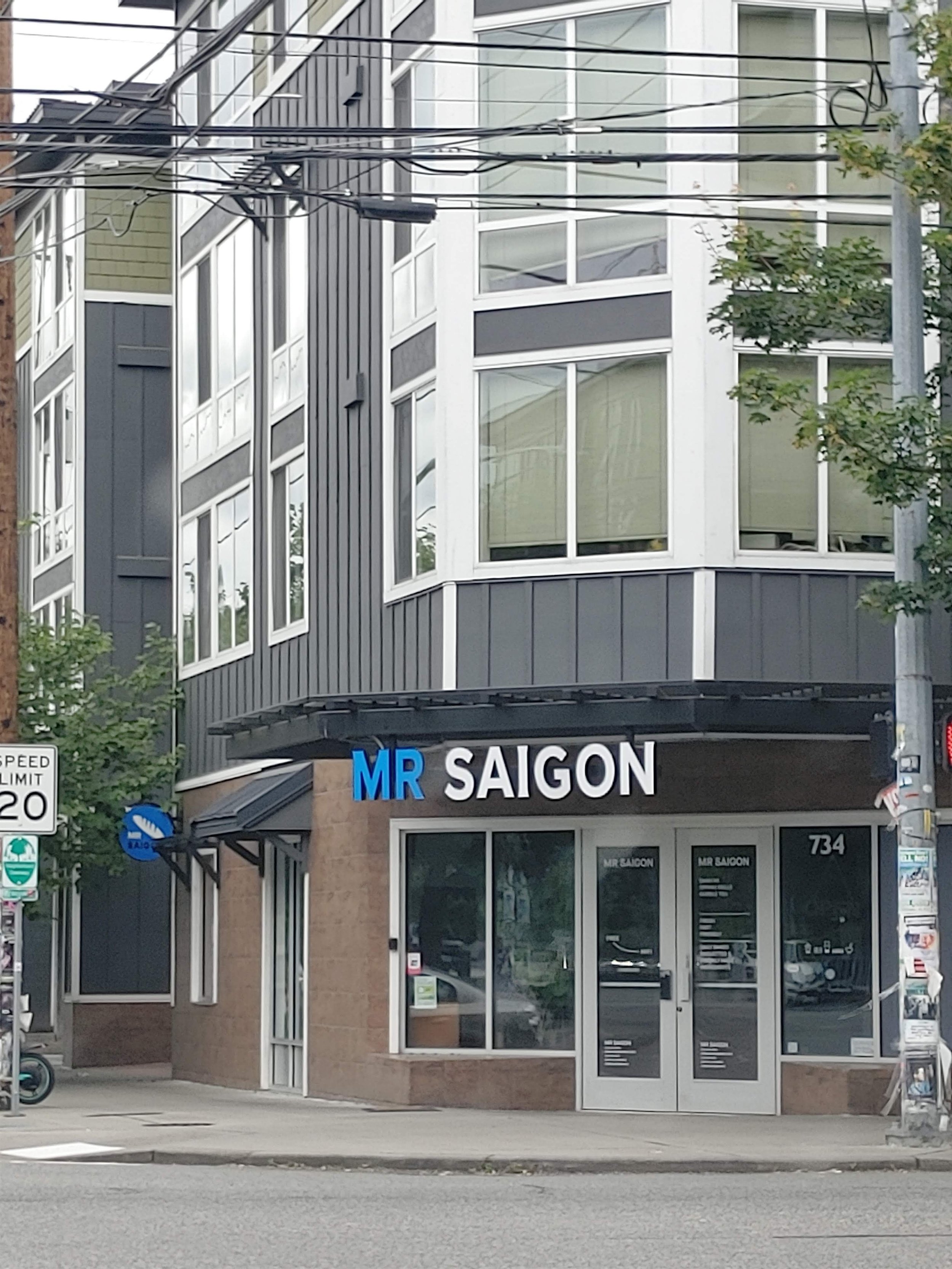
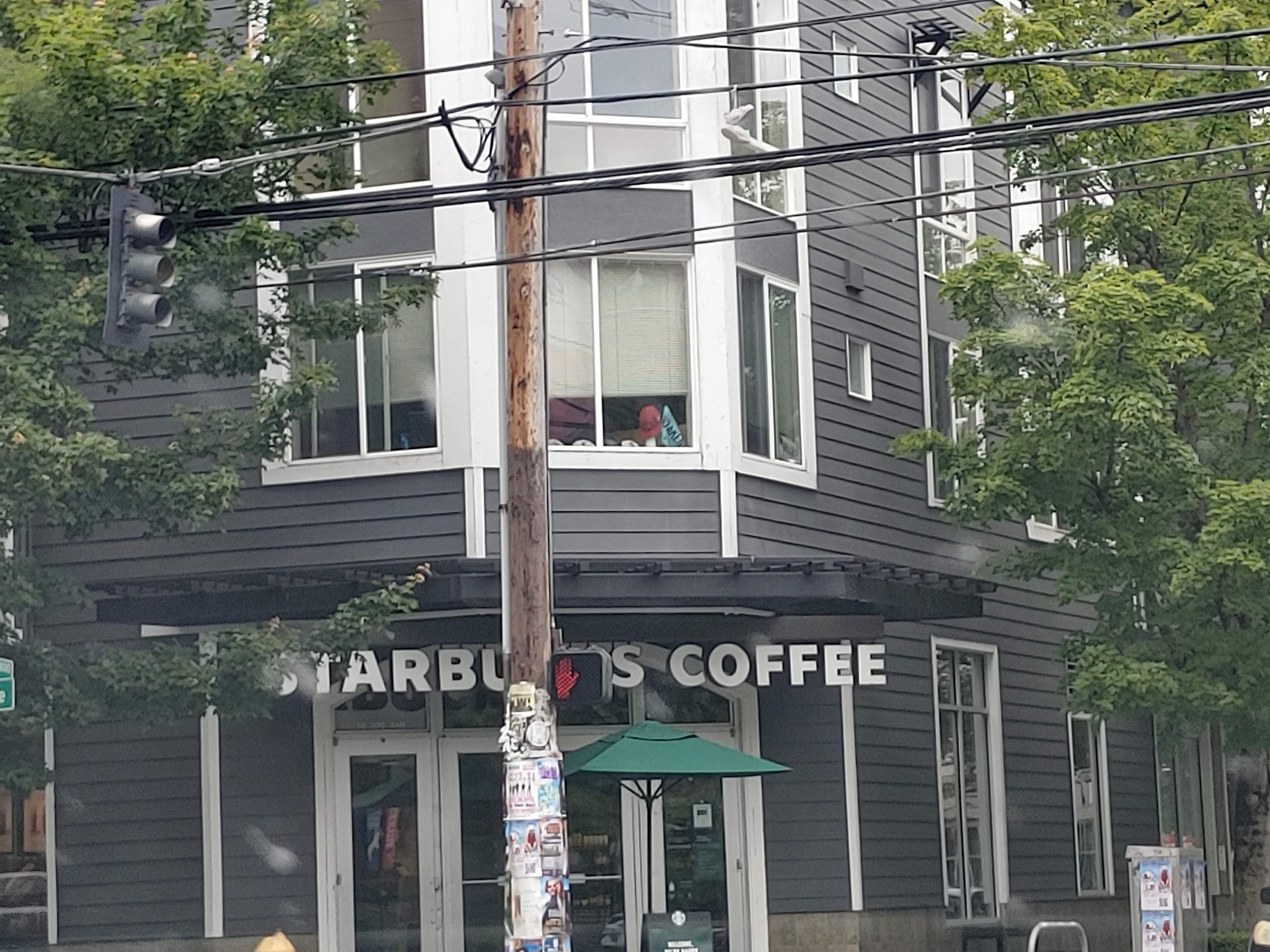
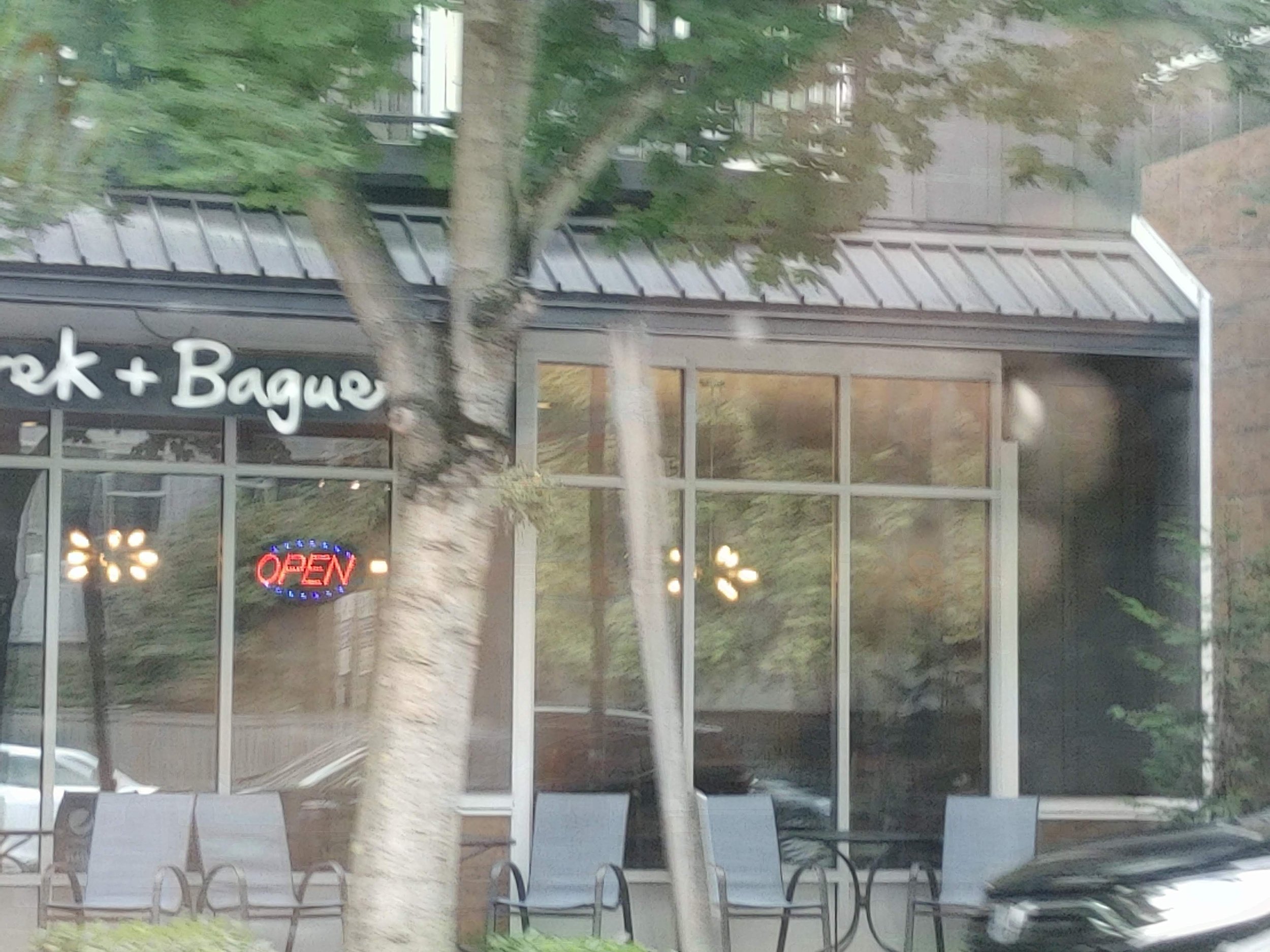

Unlike the University of Washington, Seattle U is a stone’s throw from downtown and within walking distance of the waterfront. Jesuit tradition guarantees a nurturing environment and student growth both academically and in community service. Transitioning to a national institution but remains true to its humble roots. Out-of-staters are drawn as much by the city of Seattle as by the university itself.
Although Seattle has cultivated a reputation based largely on software, Starbucks lattes, and perpetually gray skies, the city is also home to Seattle University, a vibrant institution founded by the Society of Jesus (Jesuits) in 1891 that attracts 4,700 undergraduates to its urban campus. With strong preprofessional programs and a commitment to social and spiritual engagement, SU continues to express its mission to empower leaders for a just and humane world.
SU’s campus, bordered by busy city streets, is a 50-acre urban sanctuary in the heart of Seattle. The university’s diverse buildings are united by a recurring theme of red brick and light-filled atriums. The Chapel of St. Ignatius is a prize-winning building designed by Steven Holl around the concept of a “gathering of different lights.” New buildings are designed to meet environmentally friendly standards, and energy efficiency and sustainability are top priorities for renovations. Special areas like the Ethnobotanical Garden and Japanese American Remembrance Garden highlight native plants and local history. The James Tower Clinical Nursing Lab is a state-of-the-art training facility for the school’s many nursing students. The $100 million Center for Science and Innovation is scheduled to open in 2021.
The 60-credit University Core Curriculum introduces all students to the “unique tradition of Jesuit liberal education” and aims to develop the whole person for a life of service, provide a foundation for questioning and learning in any major or profession, and provide a common intellectual experience to all SU students. The core features seminars in writing, quantitative reasoning and creative expression, humanities, social sciences, and natural sciences, as well as coursework in philosophy and theology. Freshmen complete a first-year seminar built around a central theme or problem (enrollment is limited to 19 students), and seniors must complete a capstone course. In addition, the writing-across-the-curriculum initiative requires all sophomores to submit a writing sample for assessment.
SU students choose from more than 60 undergraduate degree programs. SU’s most popular majors are also some of its best: nursing, finance, marketing, and accounting. The B.S. degree in diagnostic ultrasound is a particular specialty, and criminal justice, engineering, computer science, and biology are also strengths. A six-year, dual-degree program in business and law is available, and the university has added a major in business analytics. “Being on the quarter system is conducive to fostering academic growth as a community because students are aware that there is no time to slack off,” notes a sophomore. Sixty-two percent of classes have fewer than 20 students, making professors easily accessible.
More than 200 service-learning courses are offered each year, and 80 percent of students perform community service during their time at SU. Motivated students may enroll in the University Honors program, which offers three concurrent classes in every term. The program makes extensive use of the seminar format and focuses on the history of ideas, with tracks in Intellectual Traditions; Society, Policy, and Justice; and Innovations. According to a strategic communications major, “Many of our majors require some sort of internship, and professors are more than willing to get students connected with opportunities in the area.” When students want to escape Seattle’s dreary skies and near-constant drizzle, they can take part in the university’s study abroad program. Fifteen percent of students pack their bags for 55 nations around the world, including China, France, Greece, Japan, and Sweden. SU also sends approximately 20 students to the National Conference for Undergraduate Research each year as part of a robust undergraduate research program.
“Everyone at this school believes in making the world a better place in their own way,” comments a communication and media major. One-quarter of undergraduates are Roman Catholic. Forty-one percent hail from Washington, and 11 percent are from other nations. African Americans comprise 3 percent of the student body, Asian Americans 18 percent, Hispanics 12 percent, and multiracial students 9 percent. The university, like its host city, has a reputation for progressive liberalism. “We’re all feminists, agents against racism, and allies,” says a sophomore, adding, “As a queer student, I feel more than safe-I feel embraced.” Merit scholarships worth an average of $14,500 are awarded annually, and athletes vie for more than 250 scholarships.
Forty-five percent of SU students live in university housing. First-year students are assigned to one of eight theme communities, which focus on common interests like social change and advocacy, creative expression, and global exploration. Students are required to live on campus through their sophomore year; after that, housing is not guaranteed. A biology major says, “The surrounding area is very expensive, so most students who move off campus share bedrooms in apartments or townhouses.” Dining options, on the other hand, get rave reviews for being local, seasonal, organic, sustainable, made to order, and, in the words of one student, “delicious, Instagram-ready food.” Students report feeling safe on campus, day and night.
With more than 175 student clubs and organizations, there are plenty of opportunities to socialize on campus. Consistent with Jesuit tradition, there are no fraternities or sororities, and one student says, “Not a whole lot of drinking occurs on campus.” Instead, students head off campus to enjoy Seattle’s vibrant nightlife. “We are right next to Capitol Hill, which is the famous arts district/nightlife neighborhood,” explains a sophomore. “Everything is walkable.” Students can take advantage of the city’s ubiquitous coffeehouses, eateries, shops, and concert venues, or engage in volunteer work. Everyone anticipates the annual Quadstock festival. “For one Saturday during spring quarter, the campus turns into a huge block party, with live music, games, and food,” says a senior; Talib Kweli, Smallpools, and Saint Motel have been recent headliners.
SU’s Redhawks compete in the Western Athletic Conference (and Division I). Men’s and women’s soccer and softball are recent conference champs. Basketball, baseball, and soccer games against the University of Washington draw crowds. Intramural and club sports sign up 30 percent of students; popular options include flag football, softball, crew, and cycling.
With its emphasis on the liberal arts, civic engagement, and Jesuit principles, SU affords students an experience “which focuses on educating the entire person,” according to one junior. For those students who are not averse to hard work and overcast skies, Seattle University might be an inspired choice-just be sure to pack a parka.
-Fiske Guide

